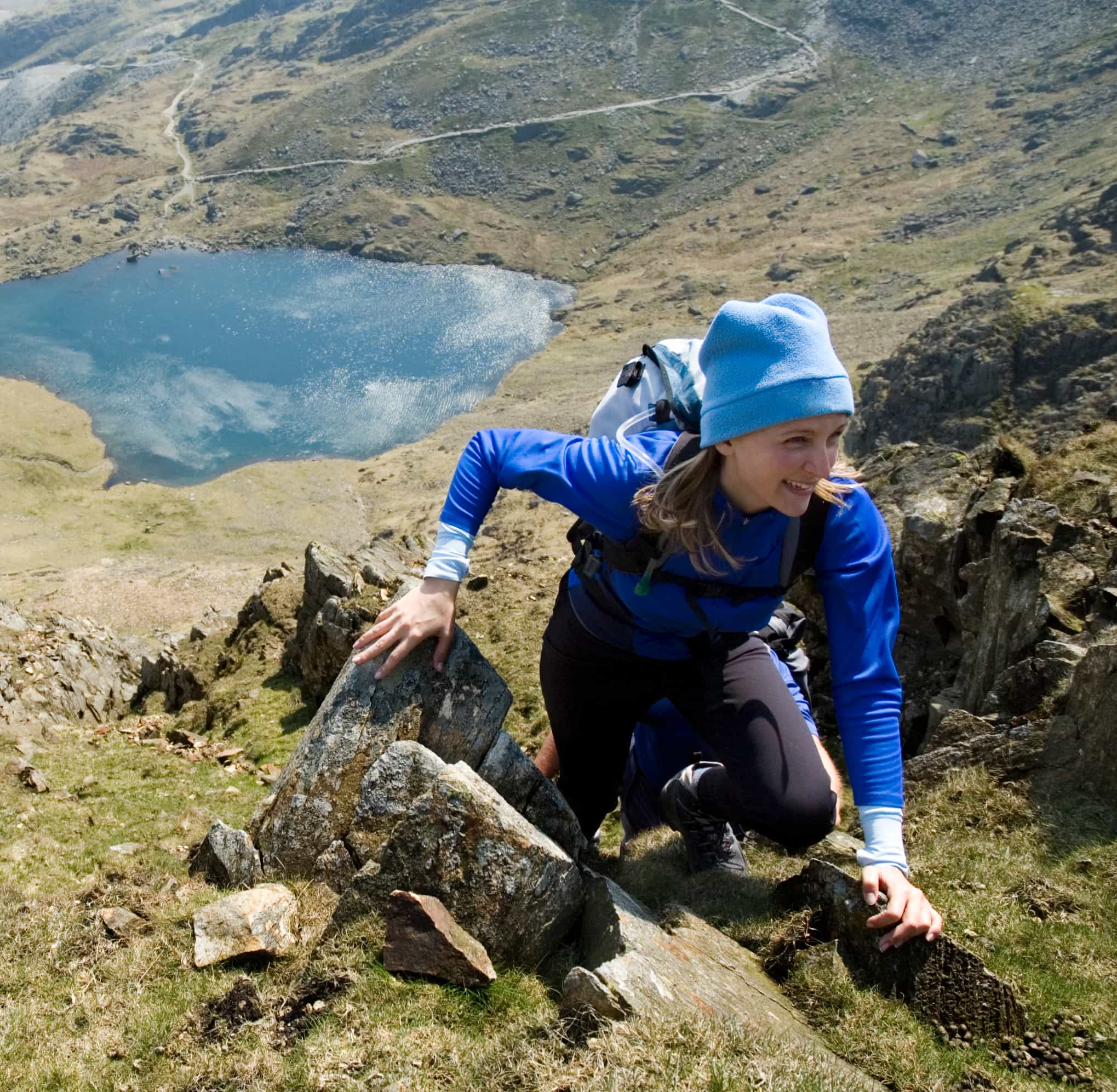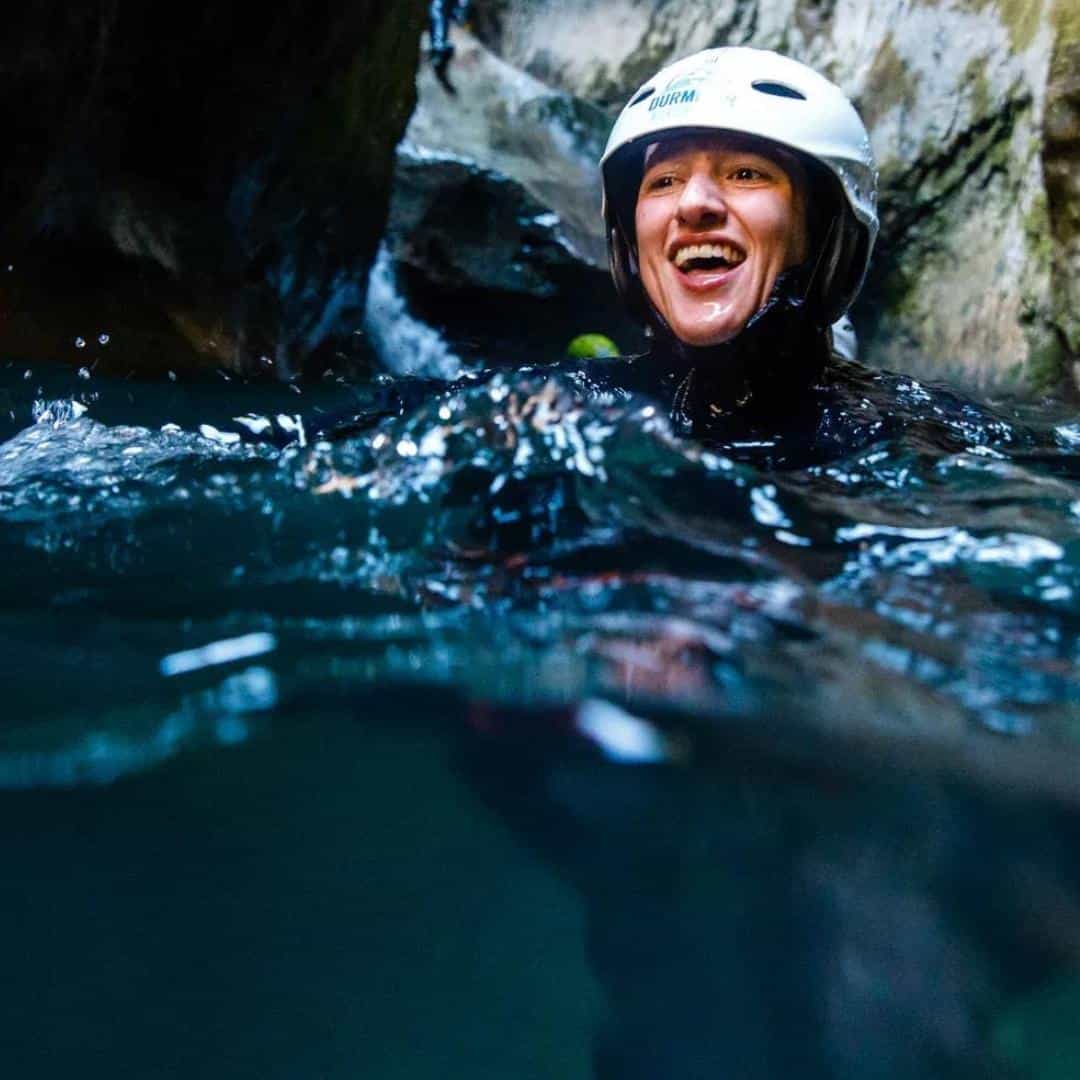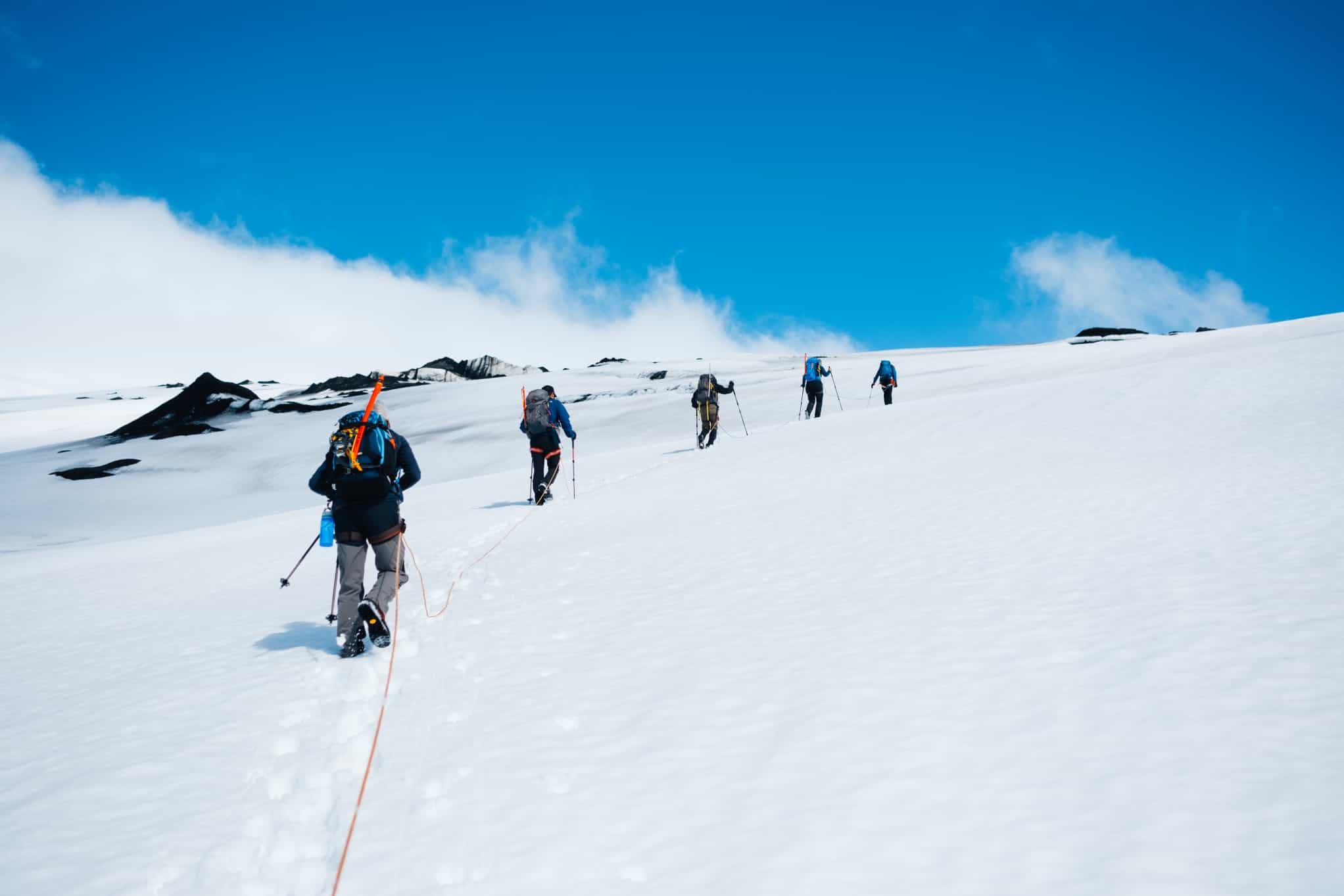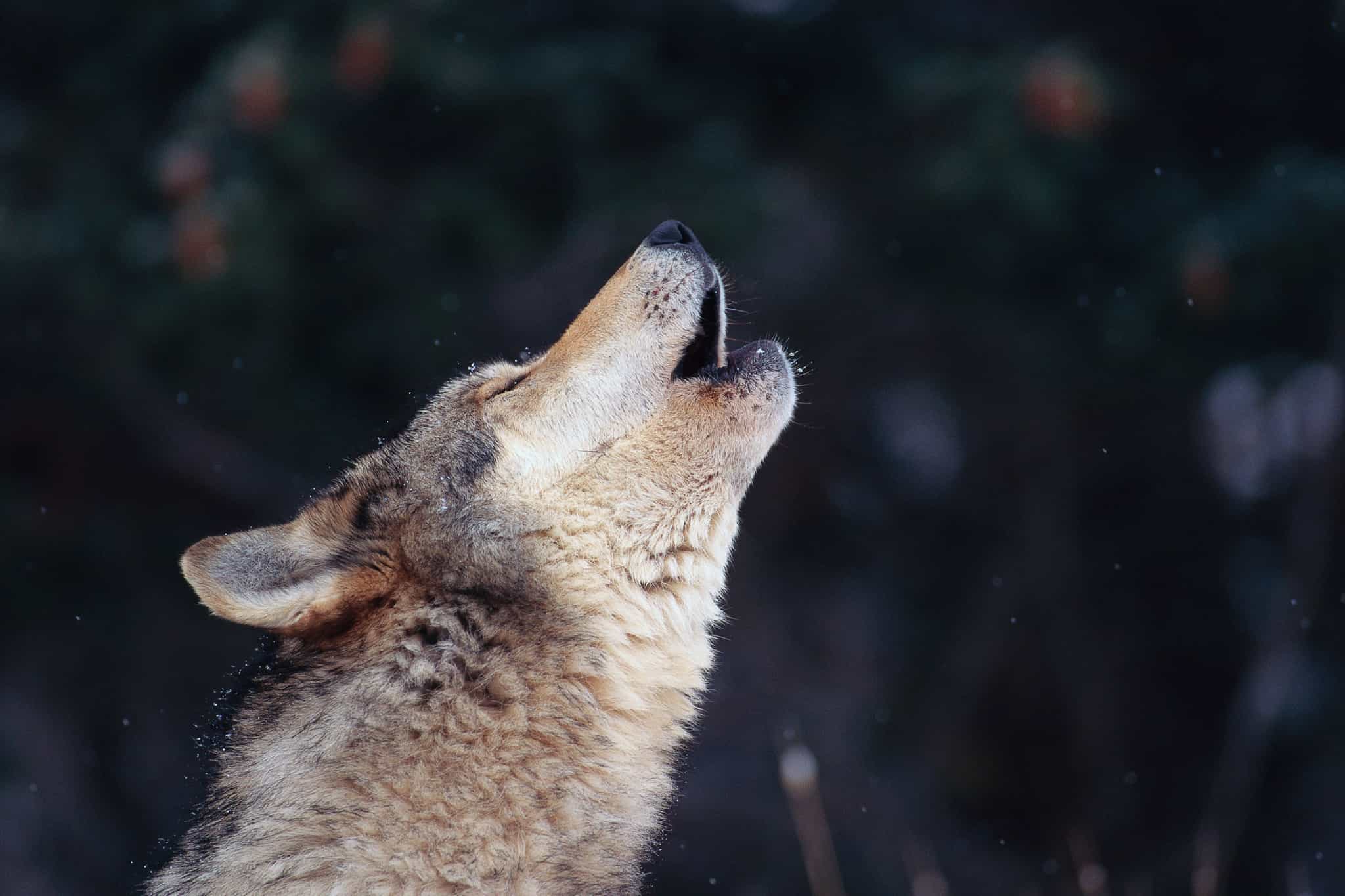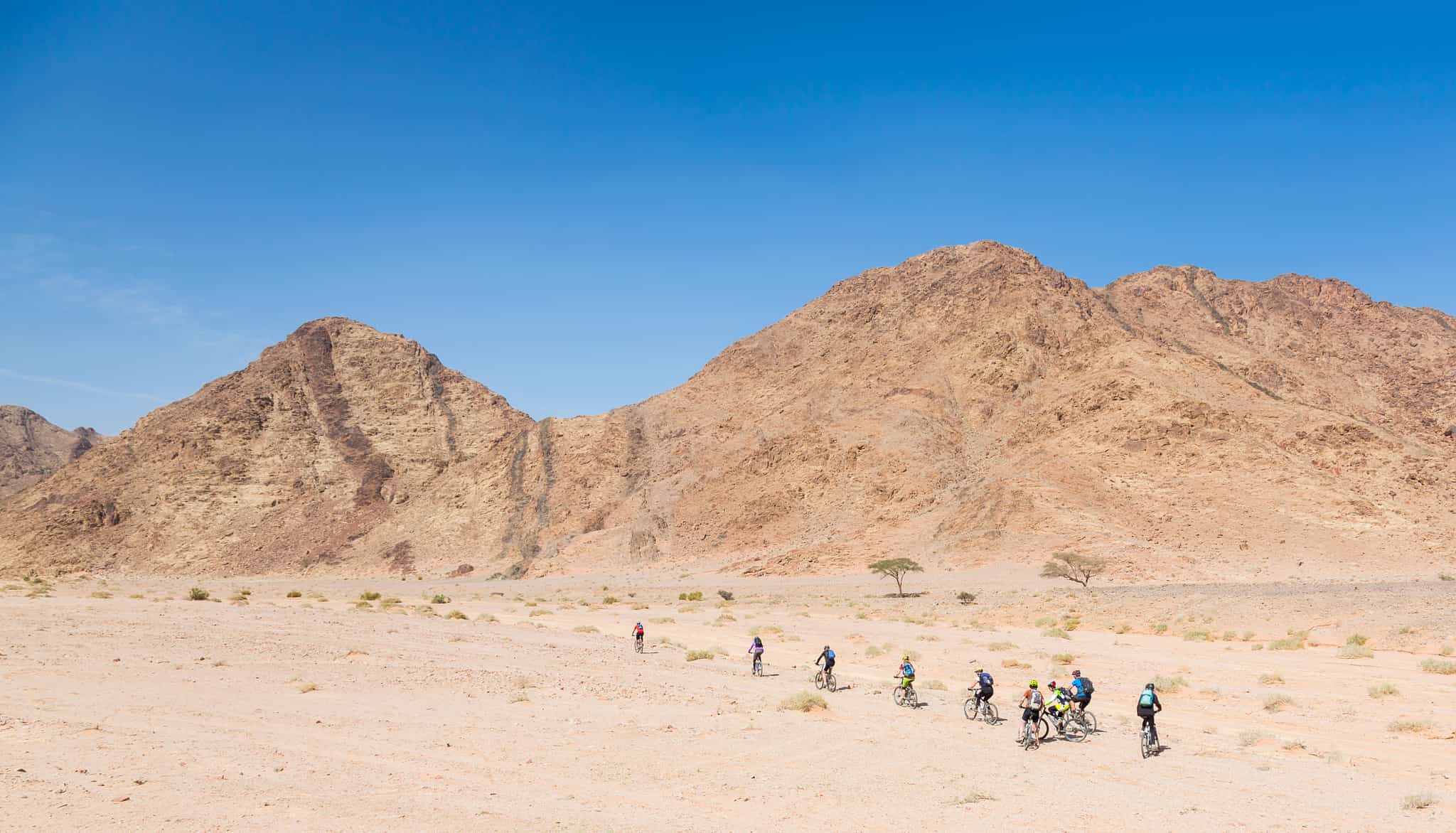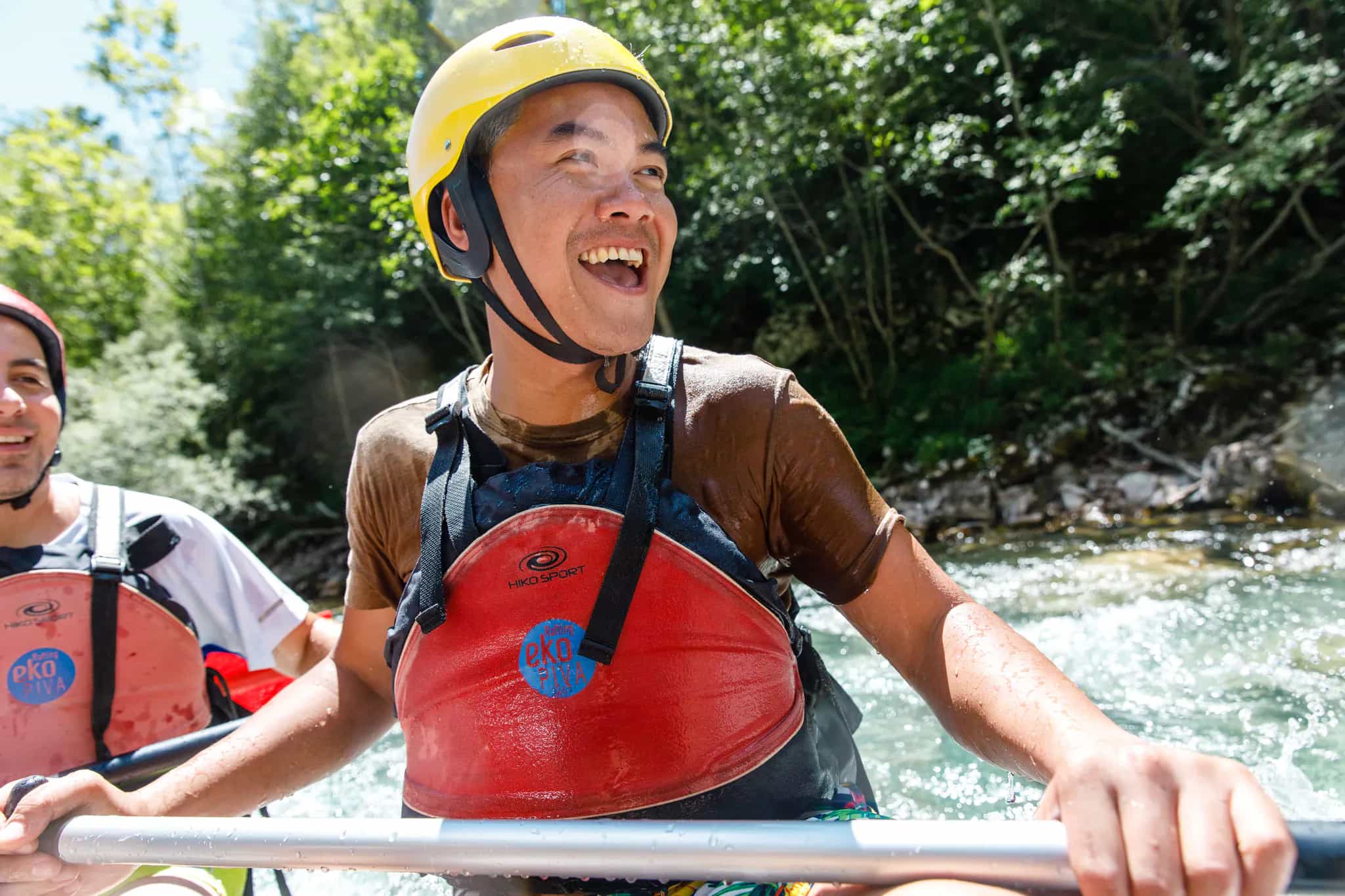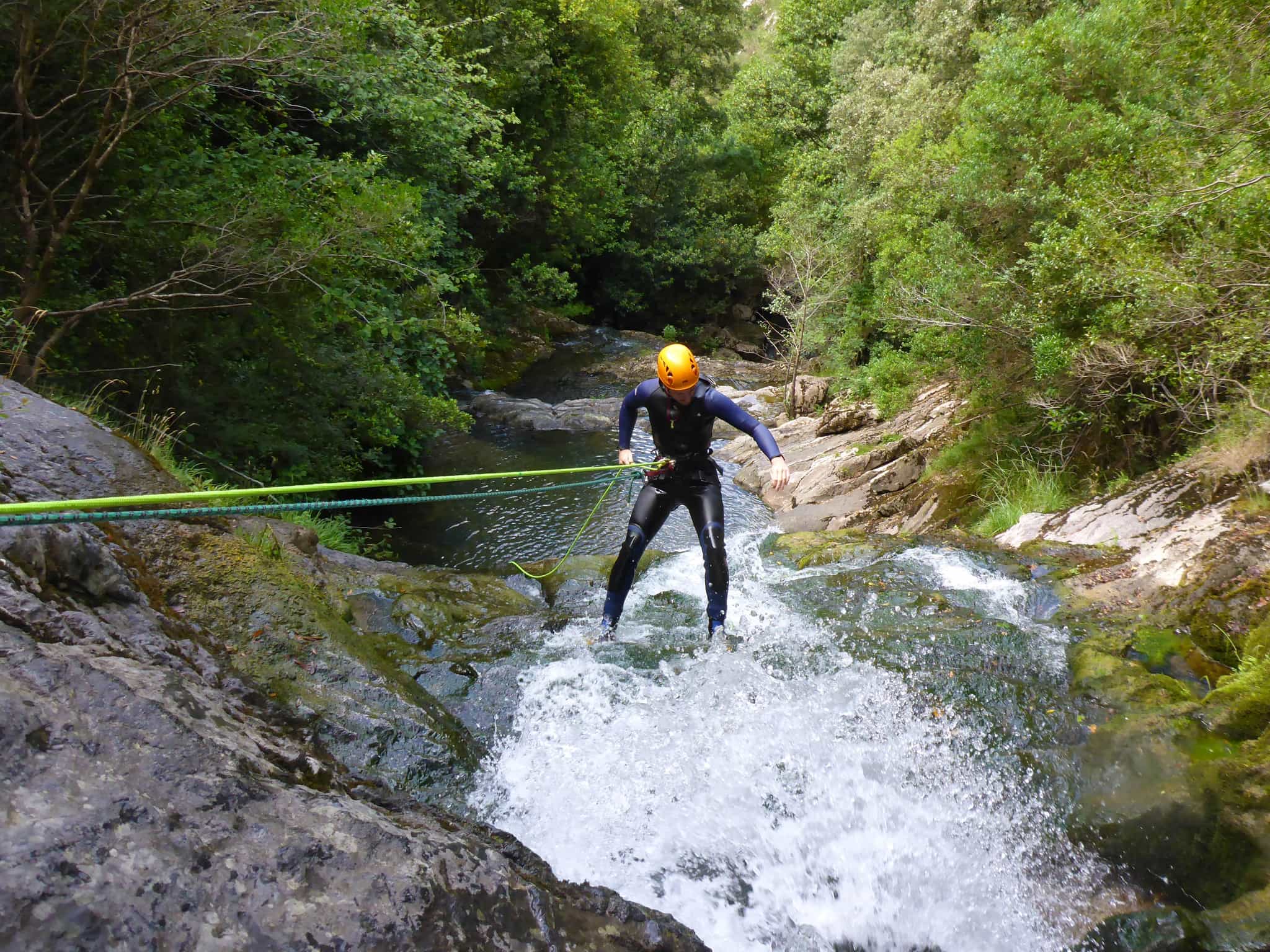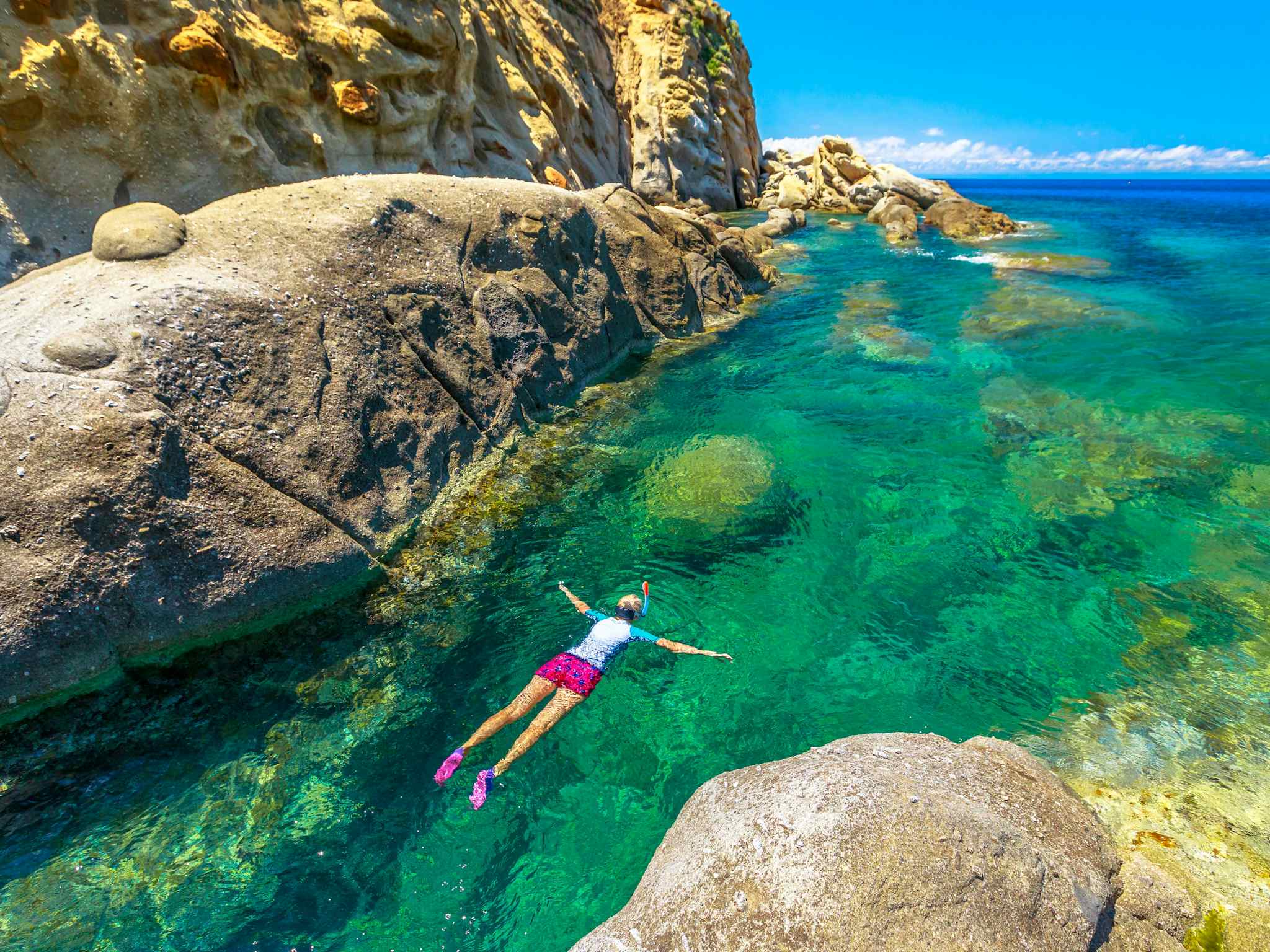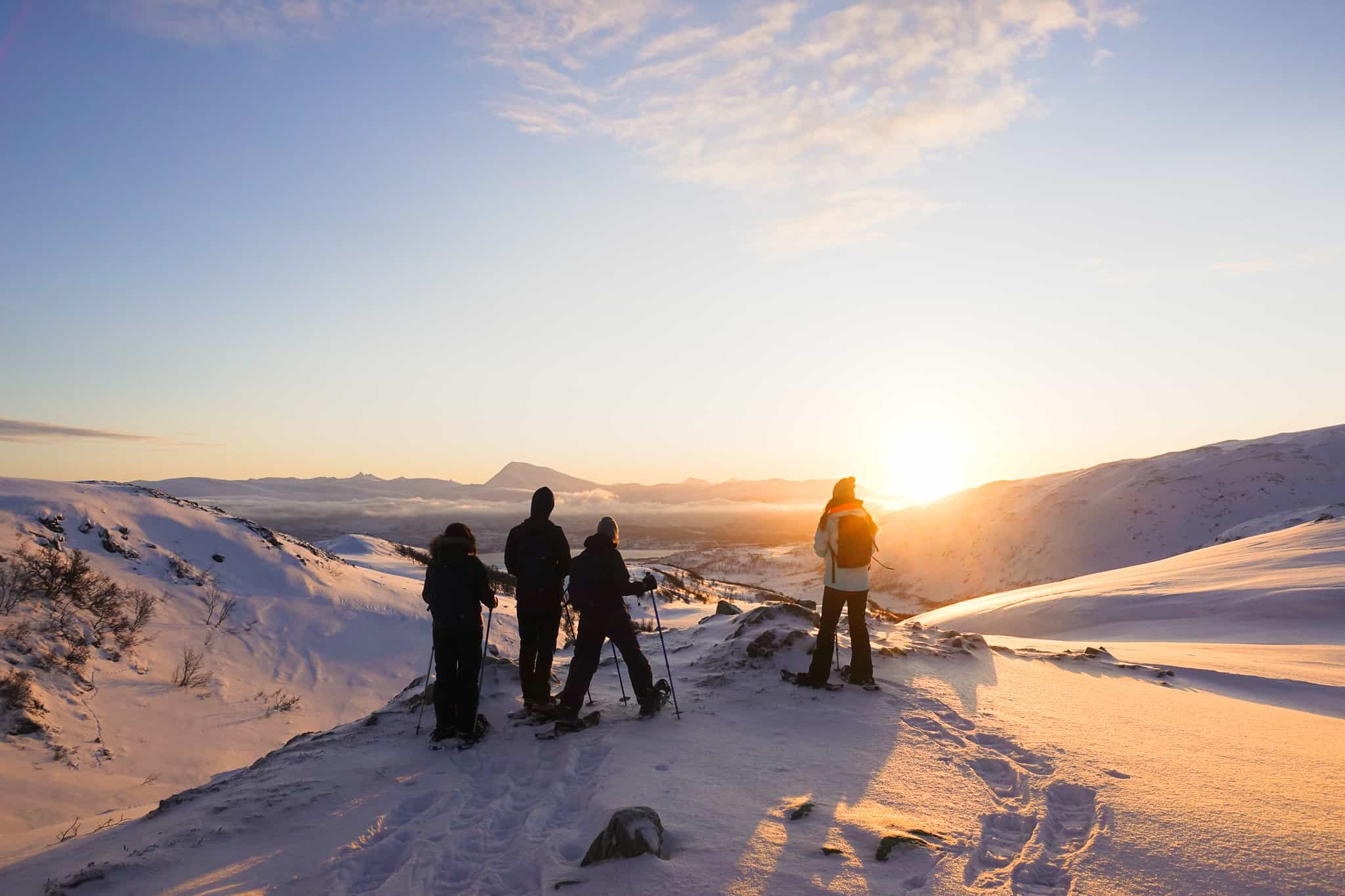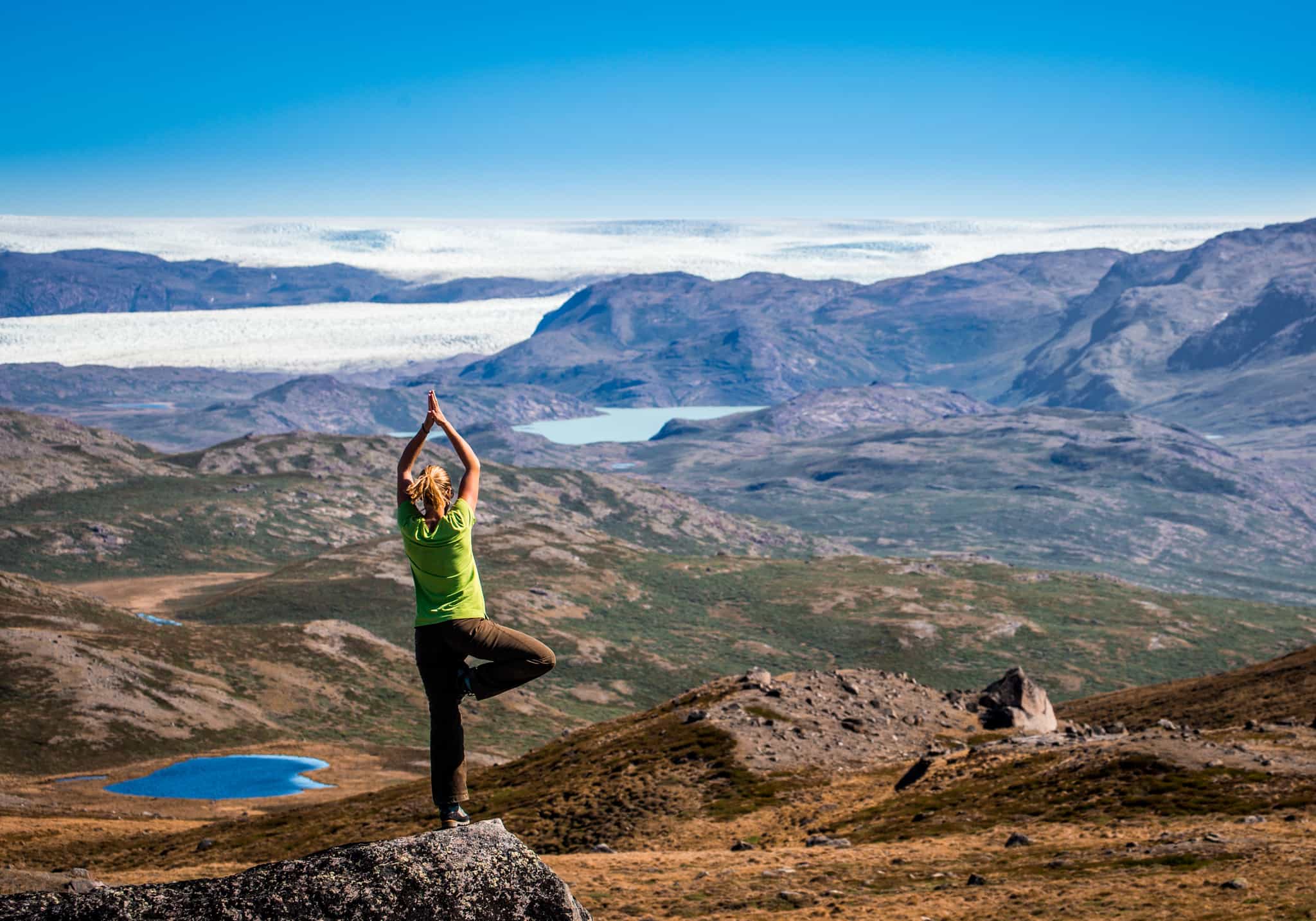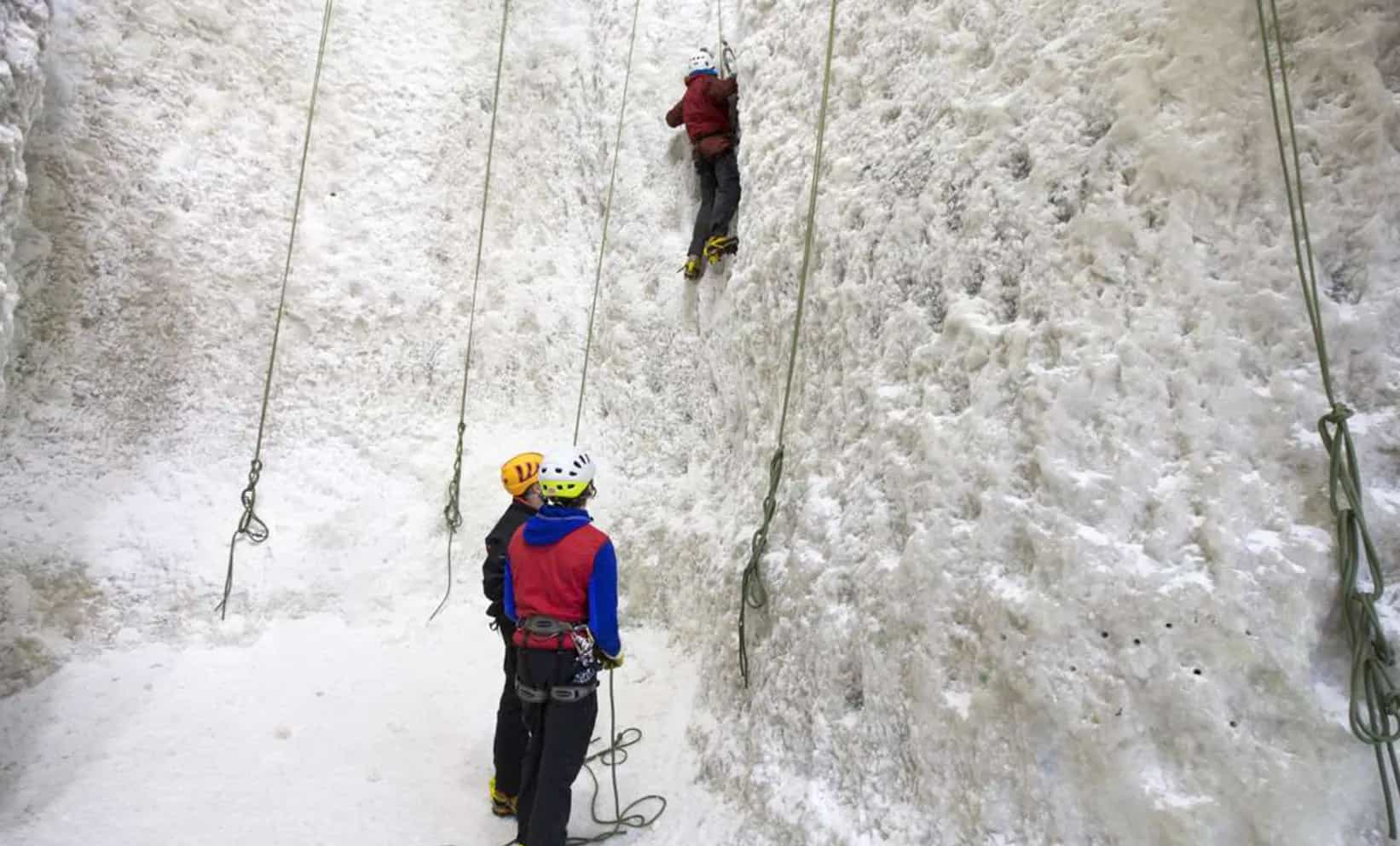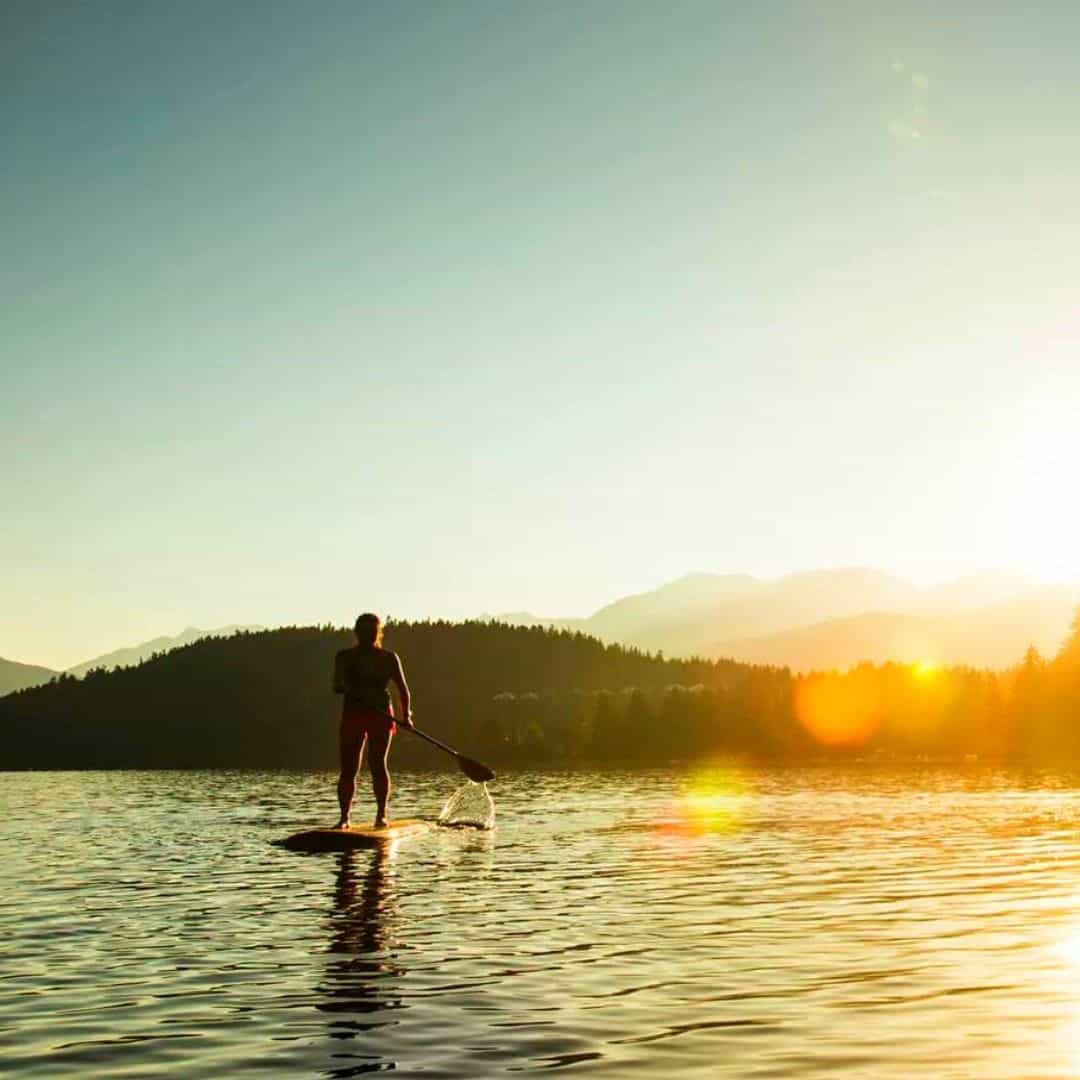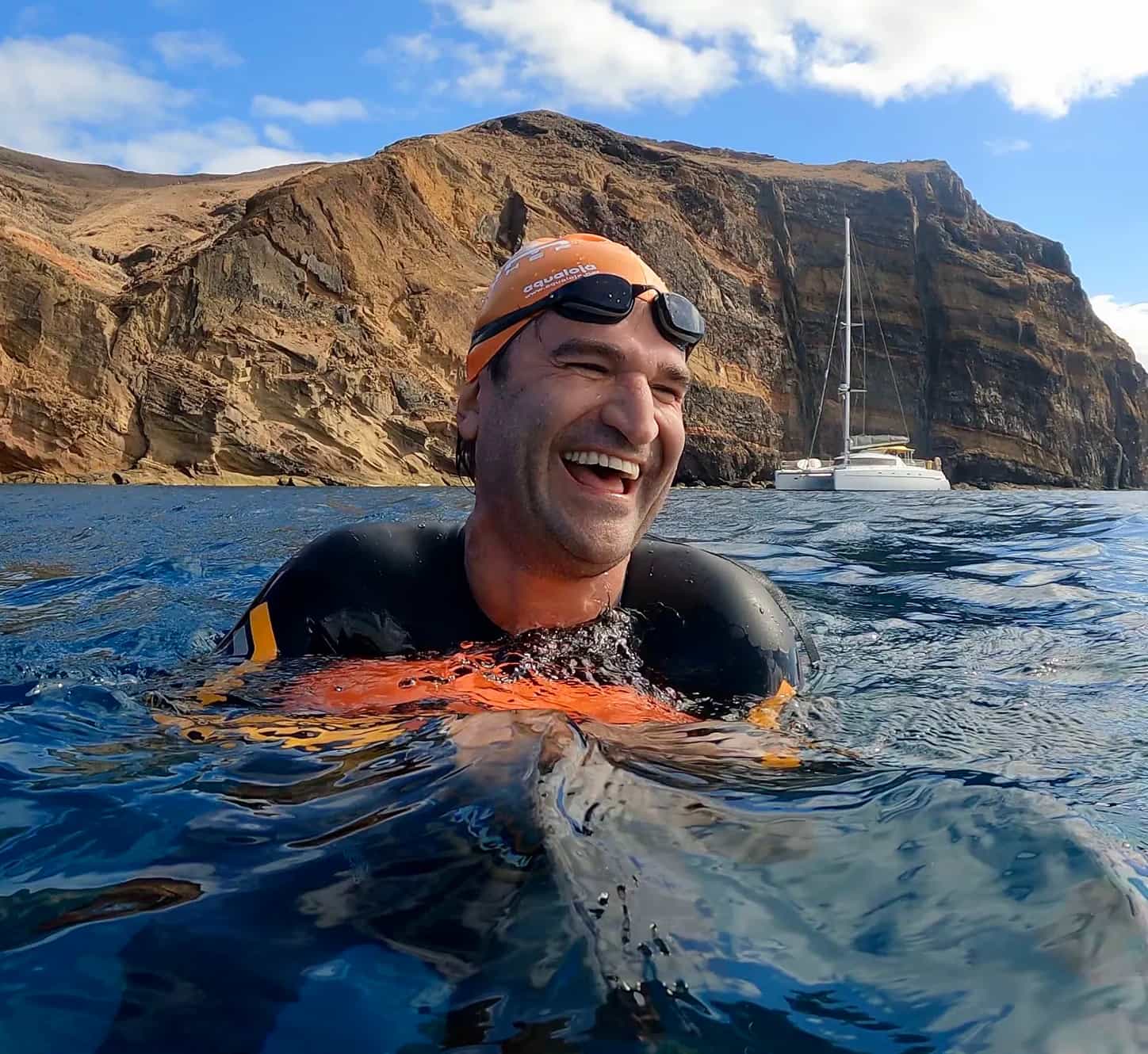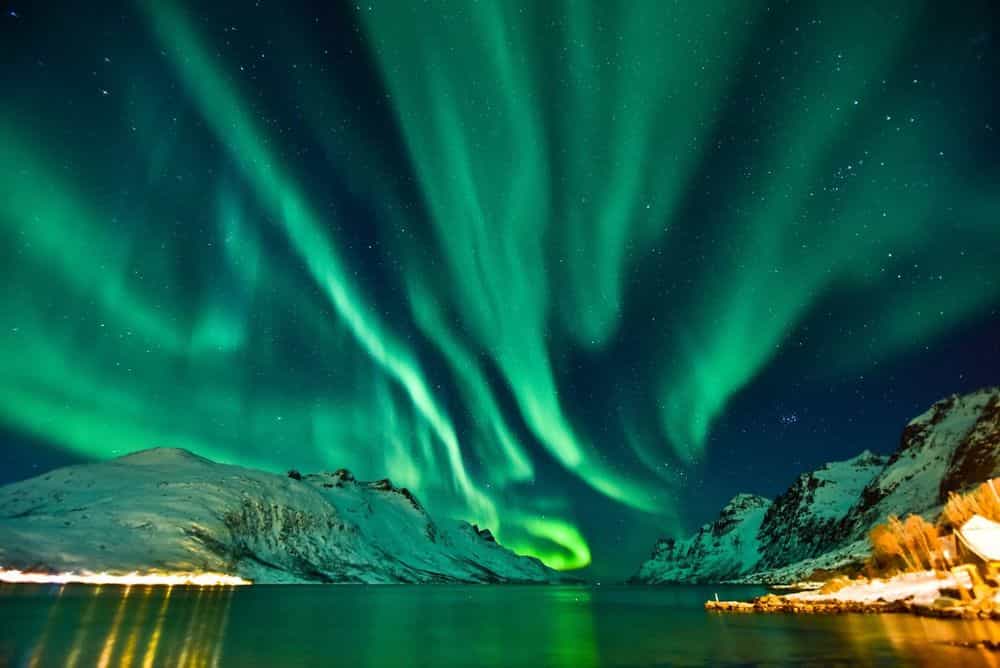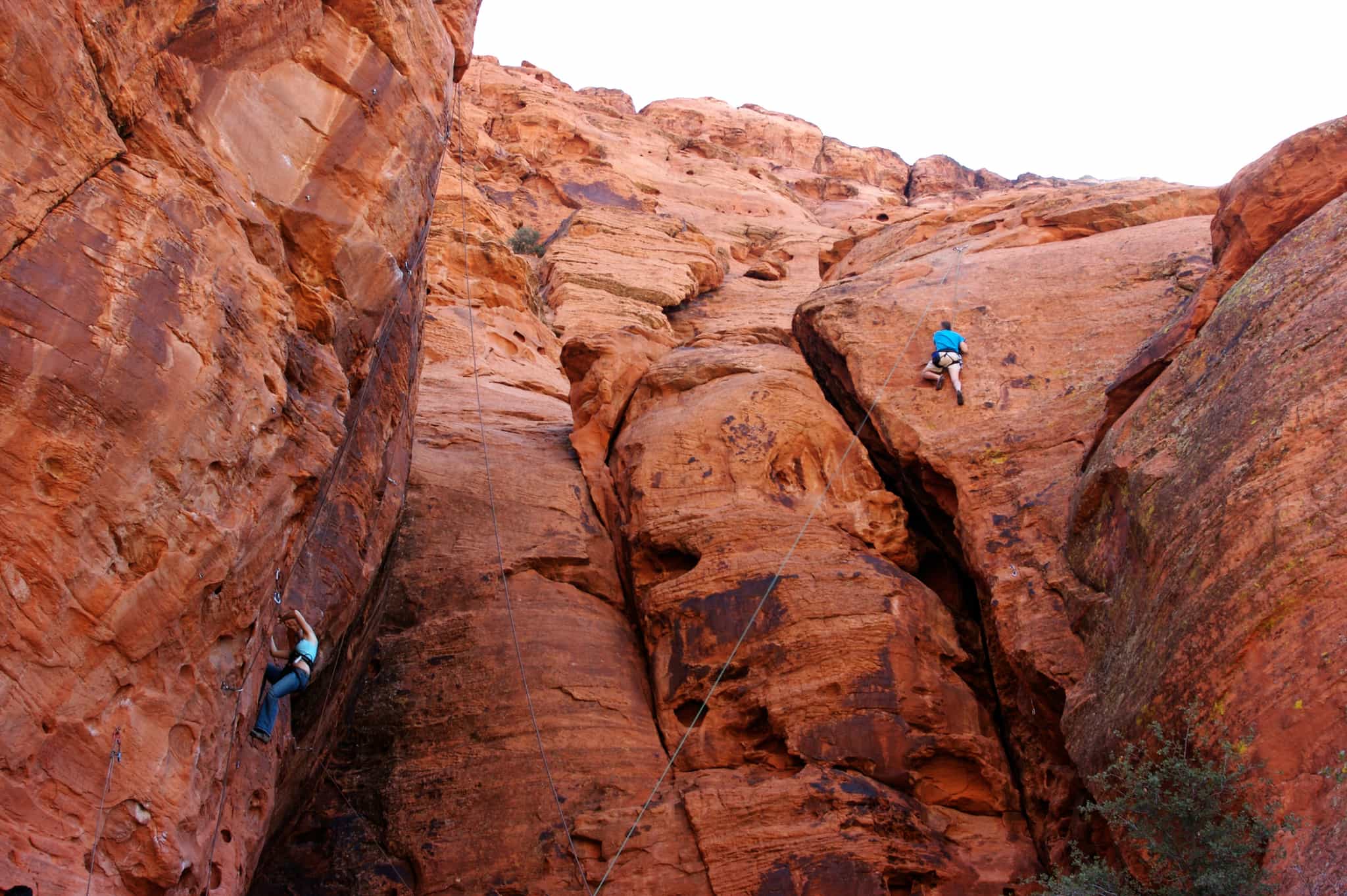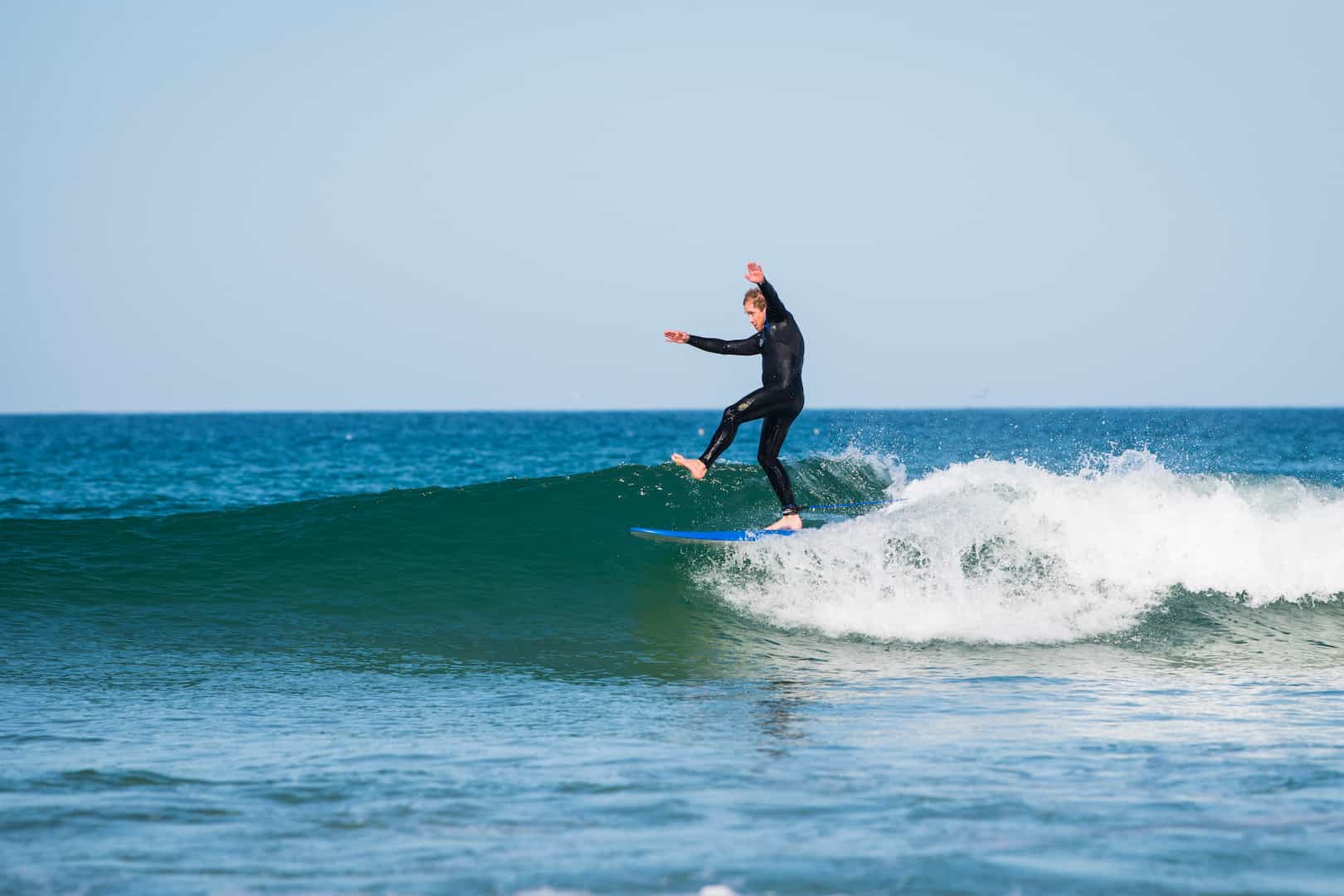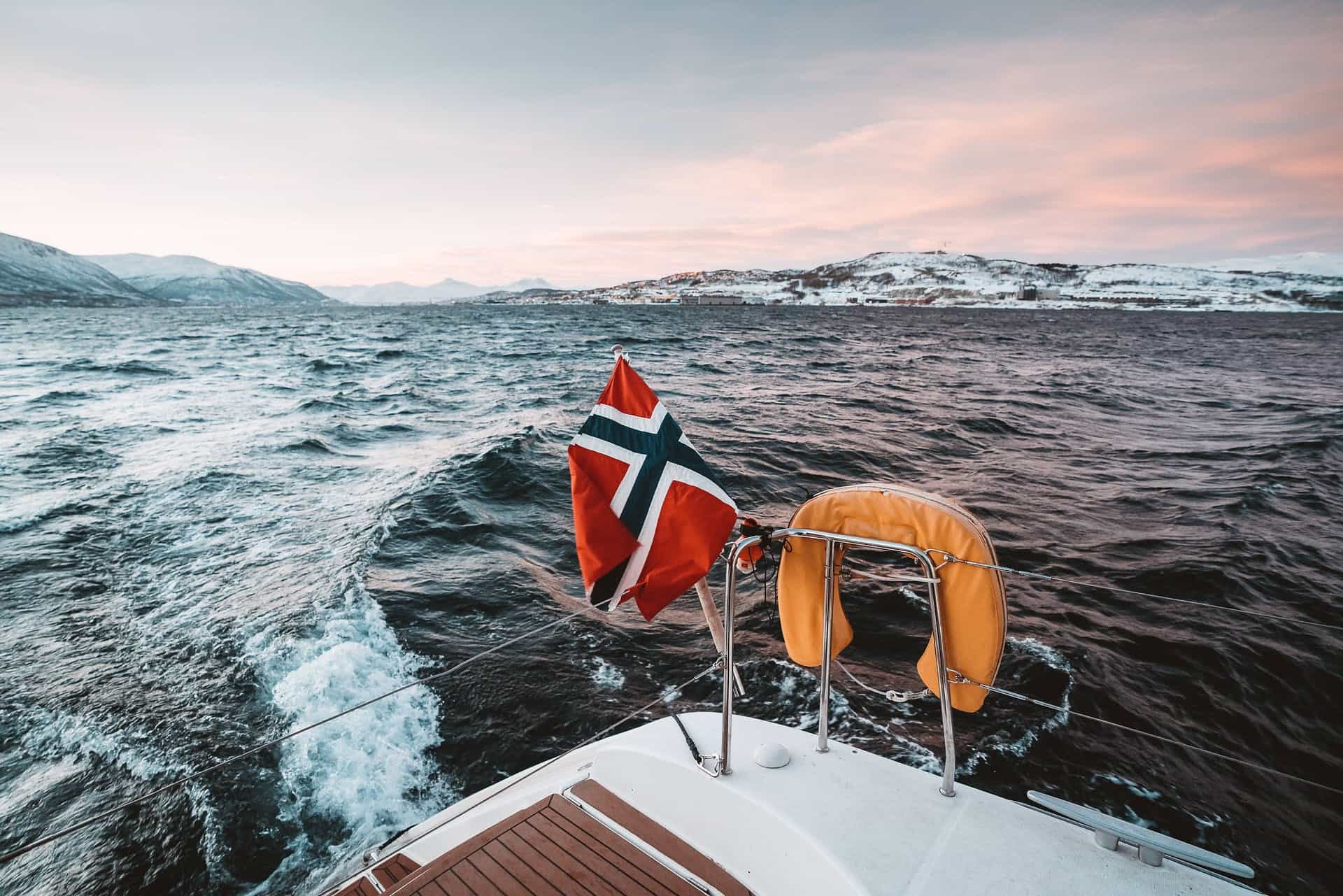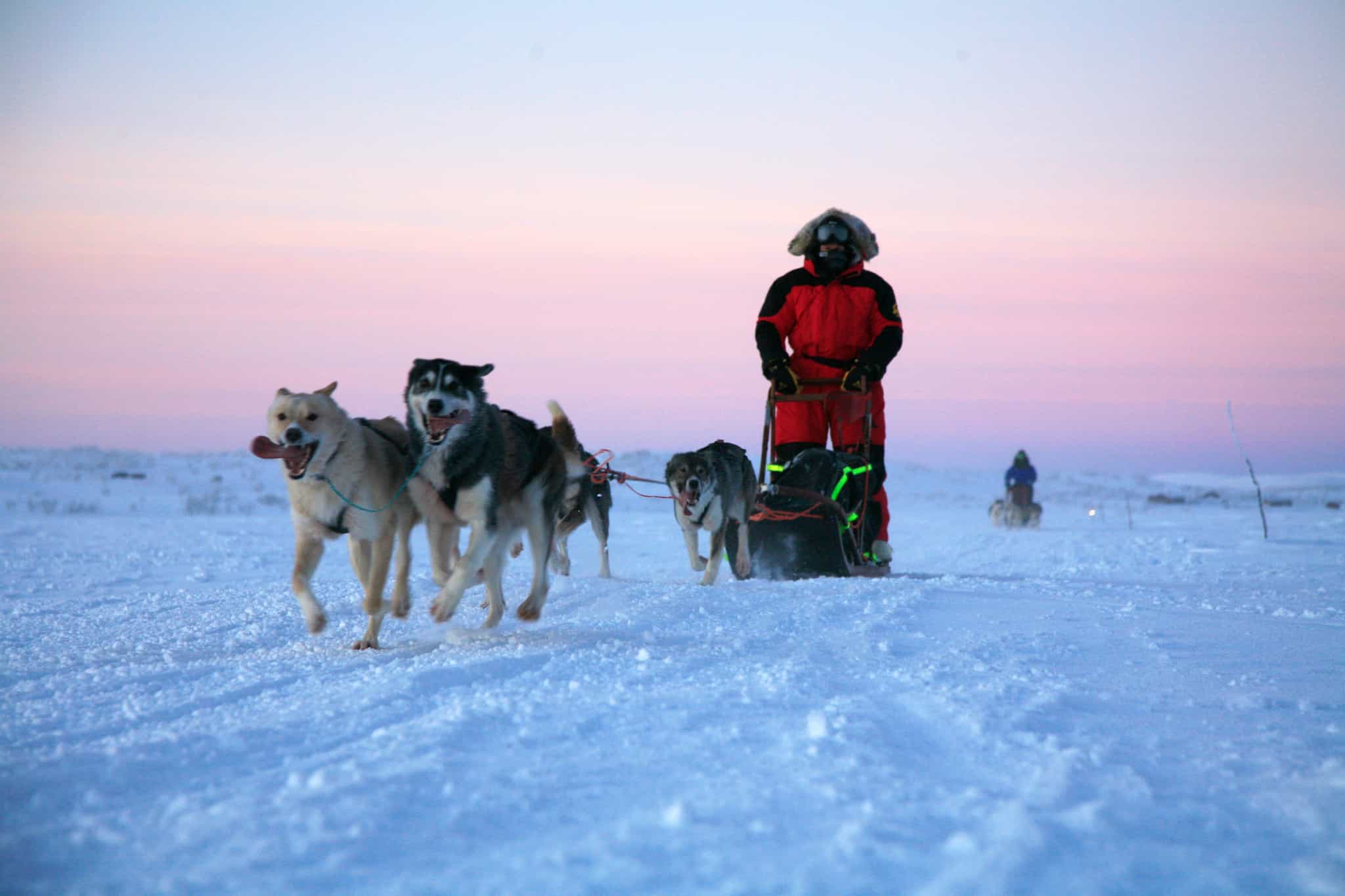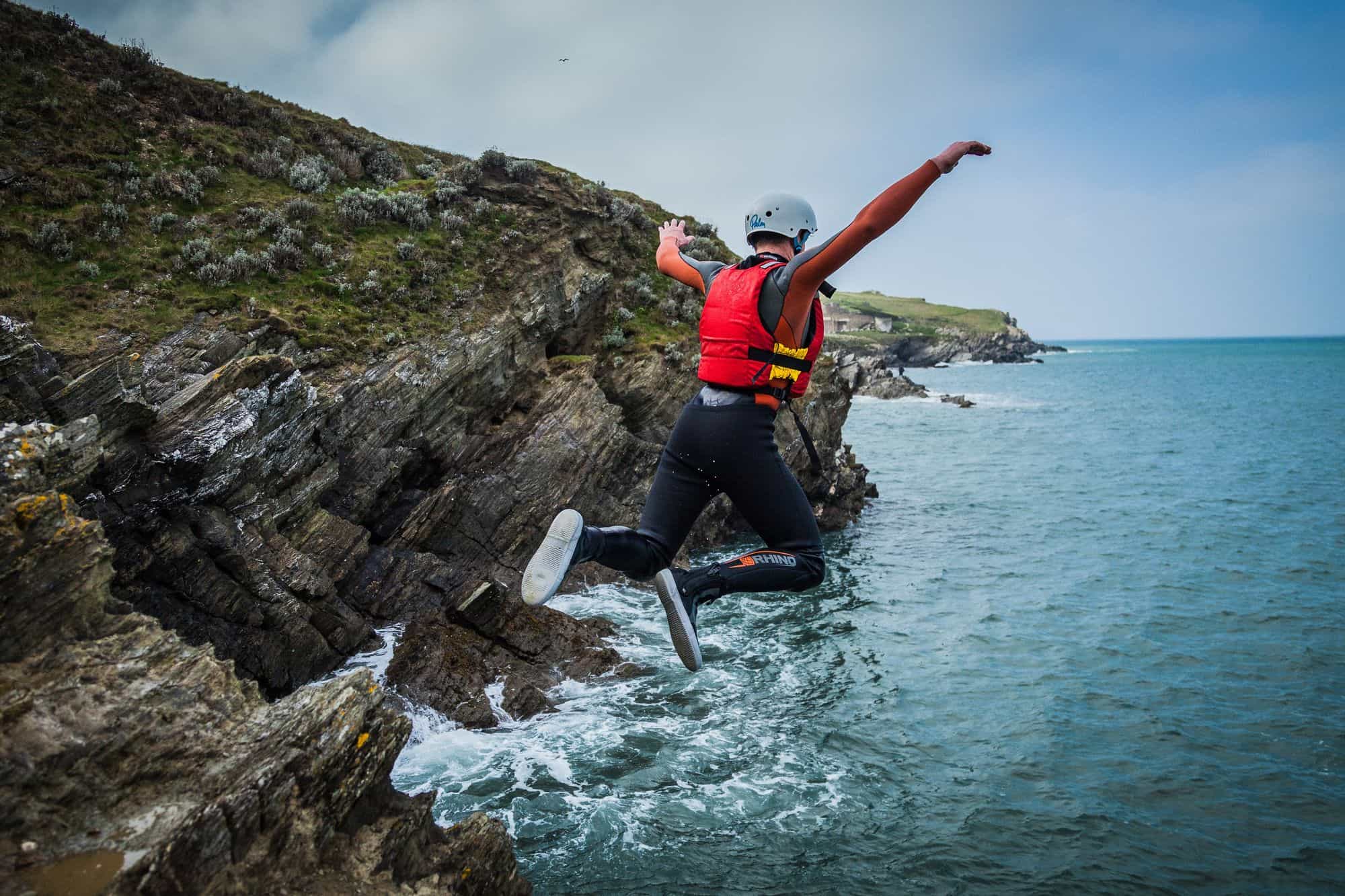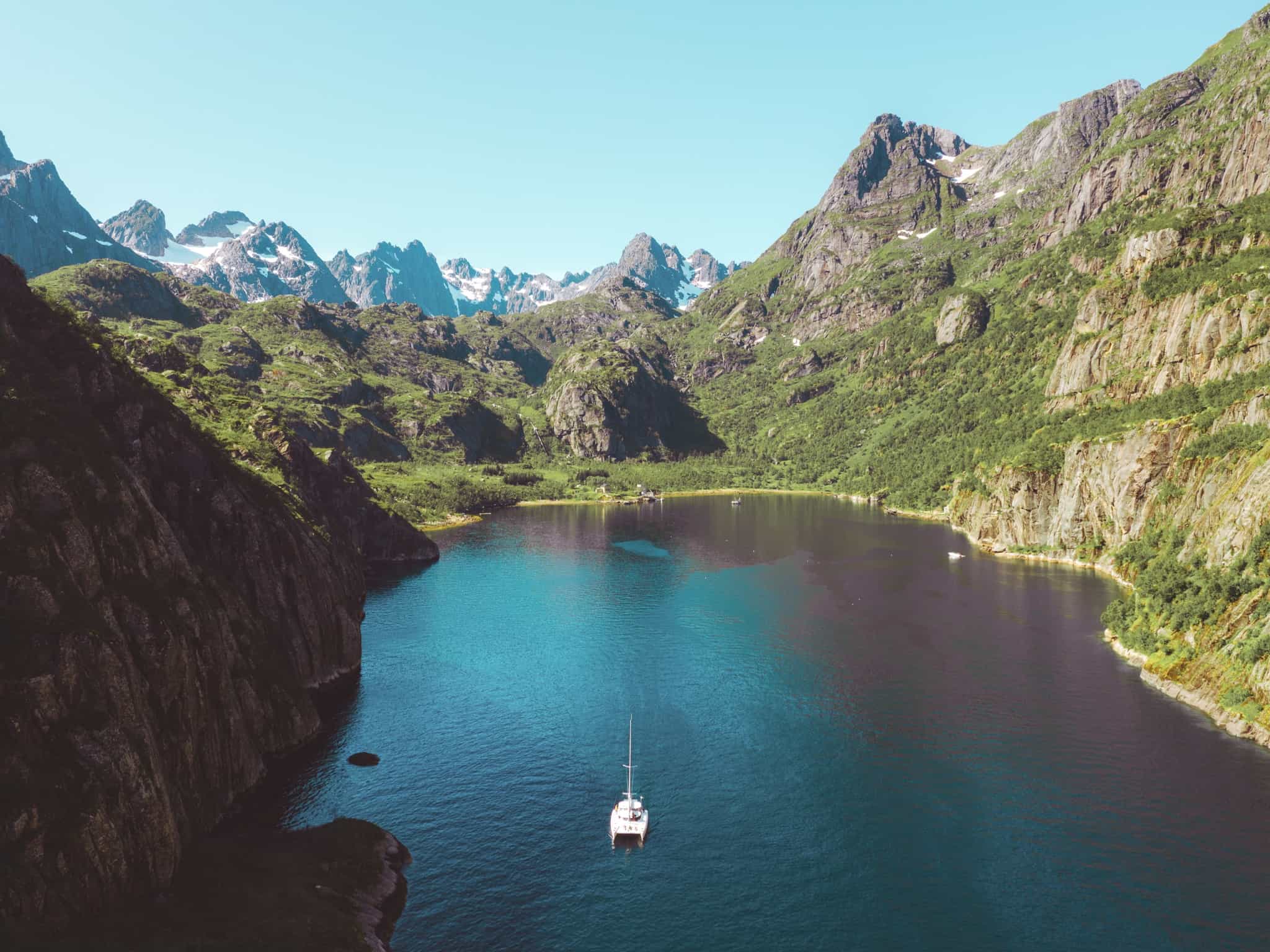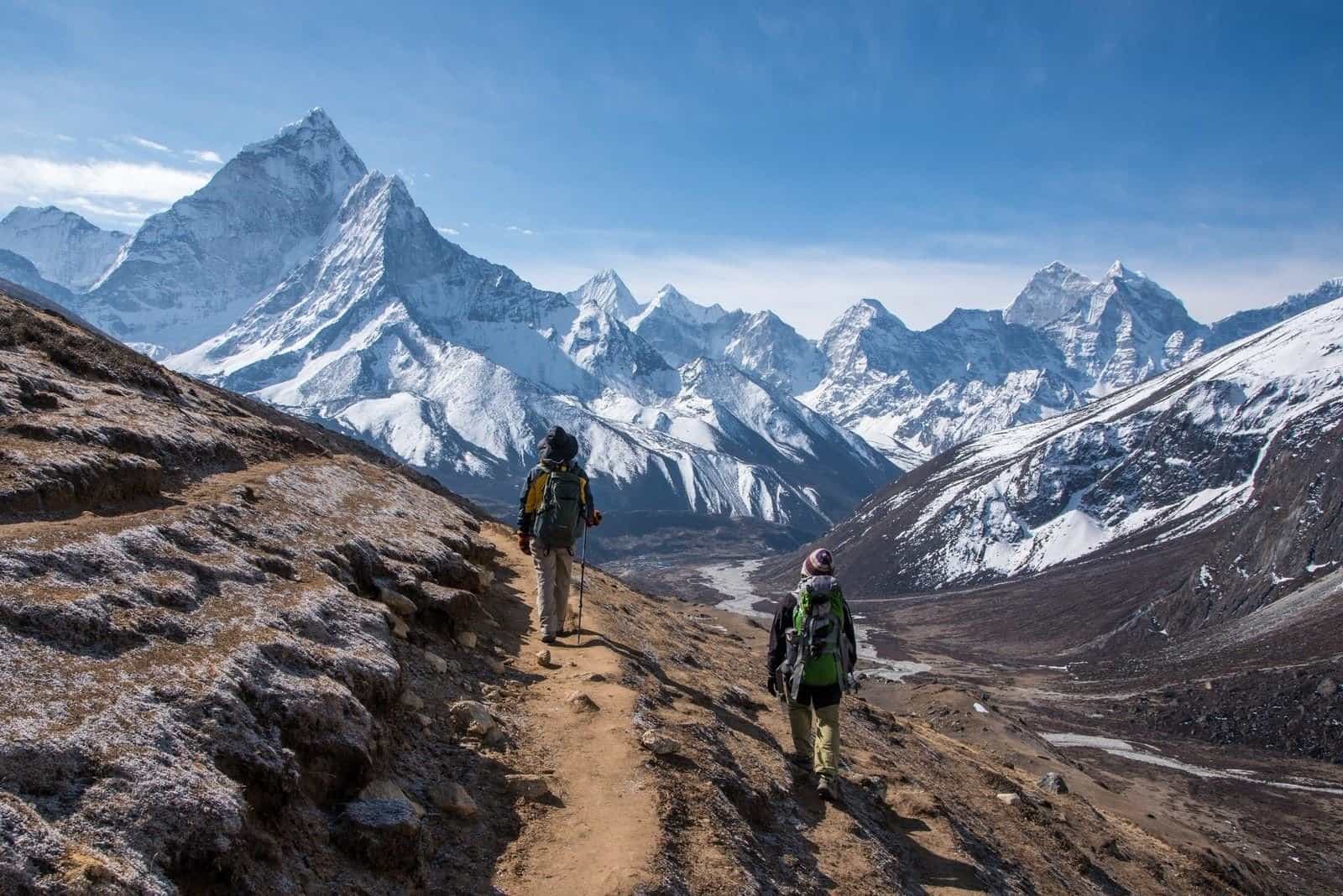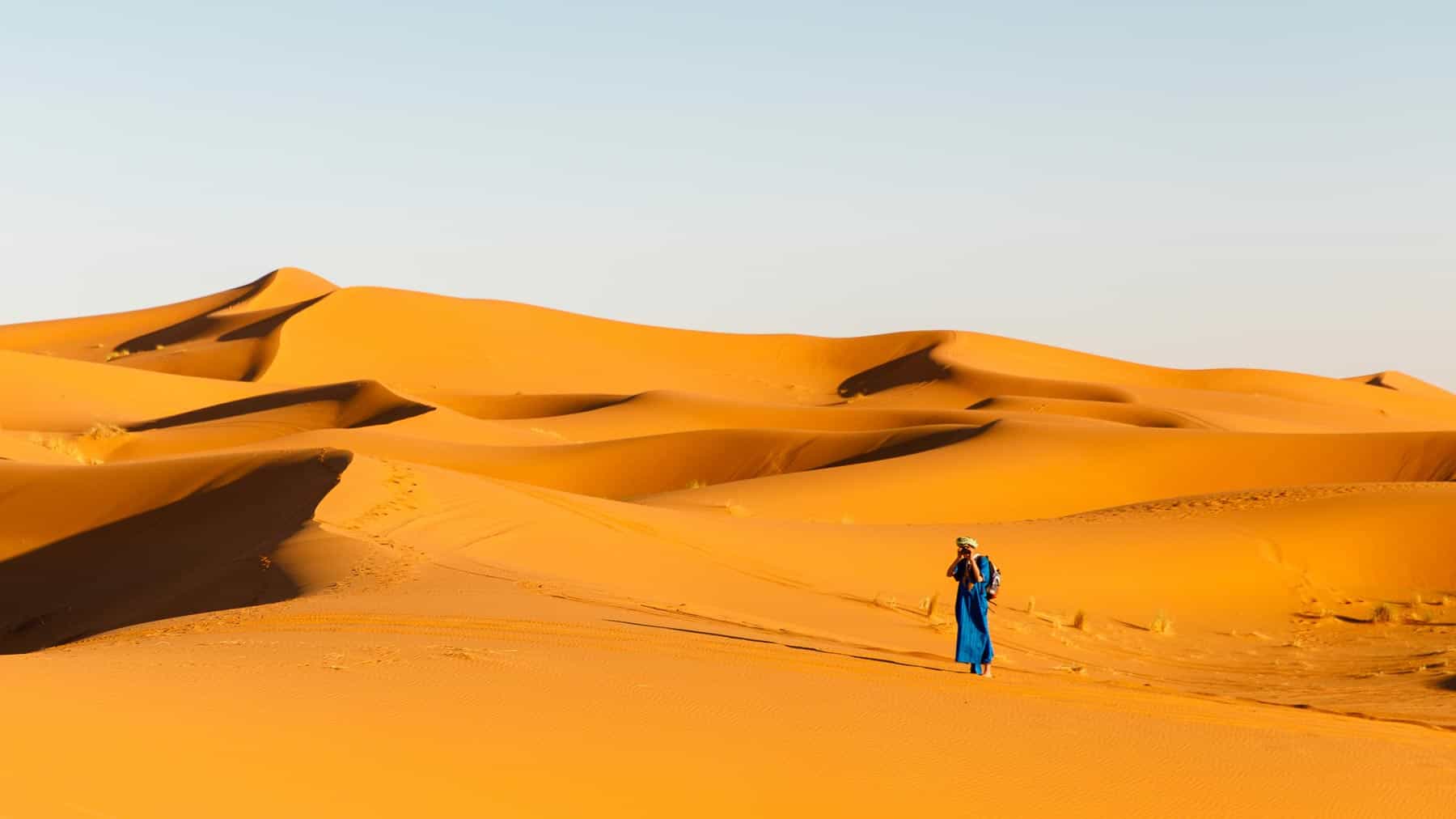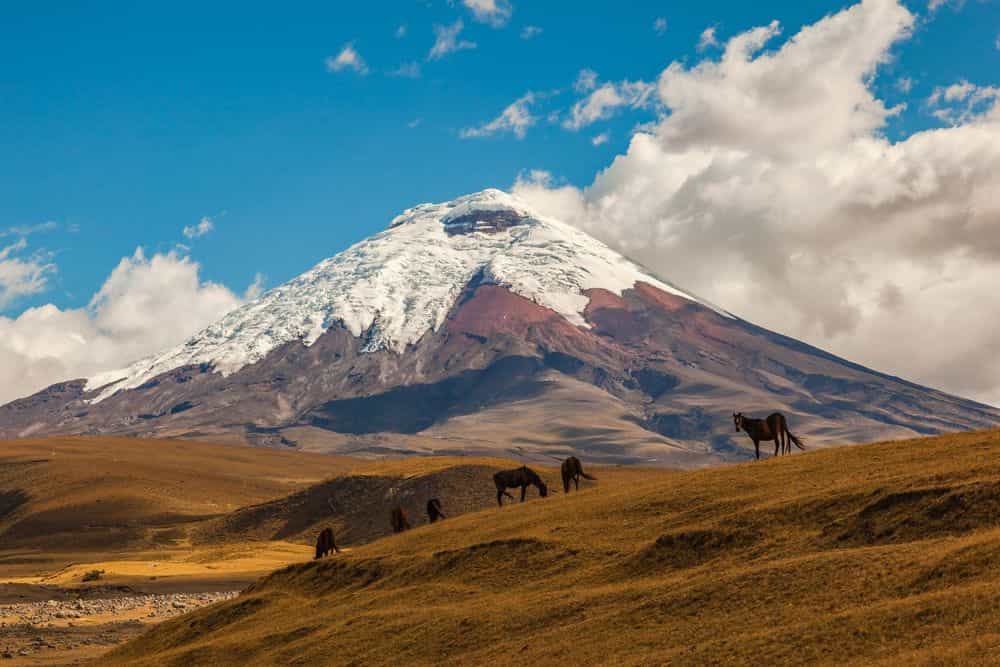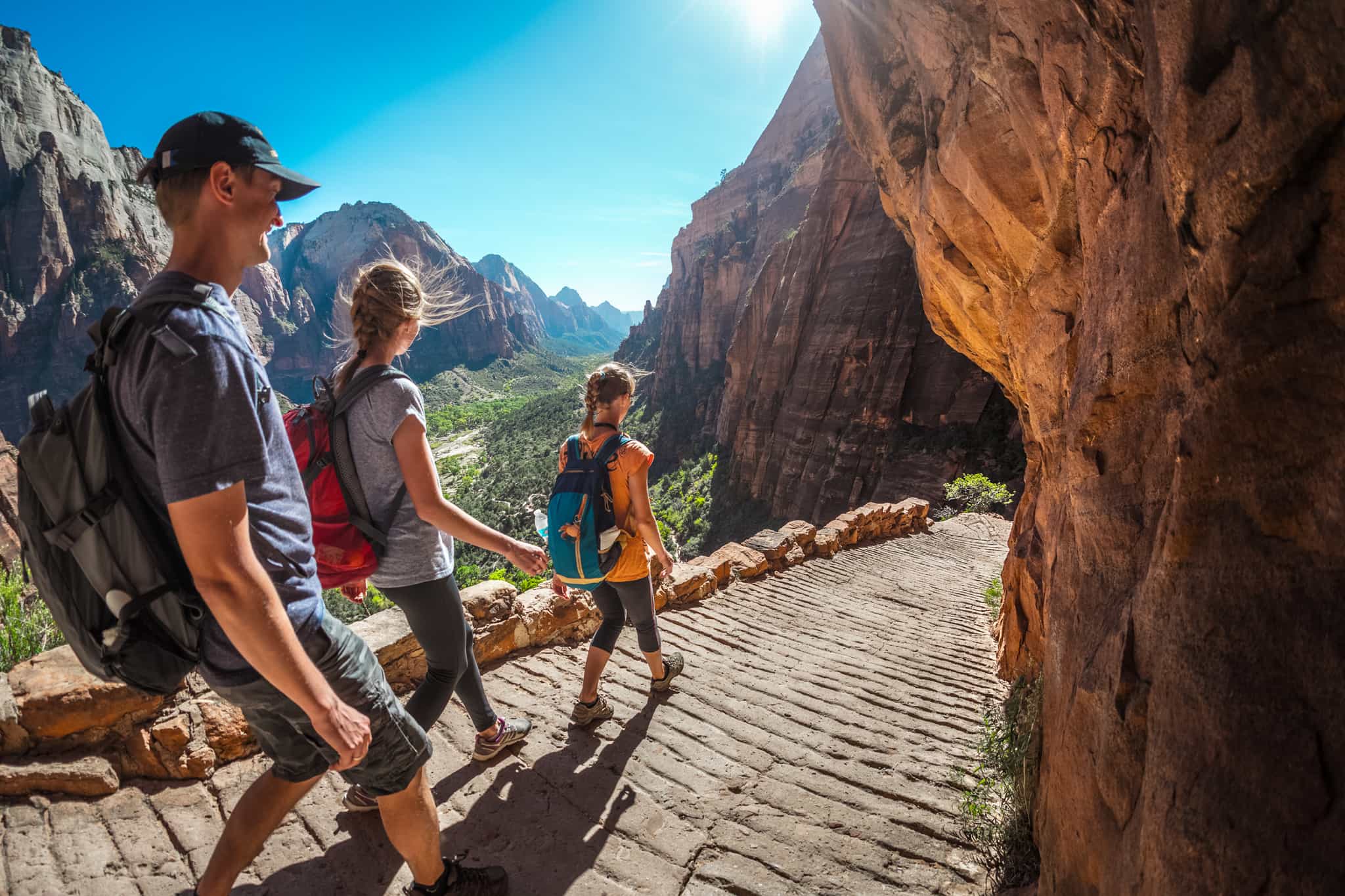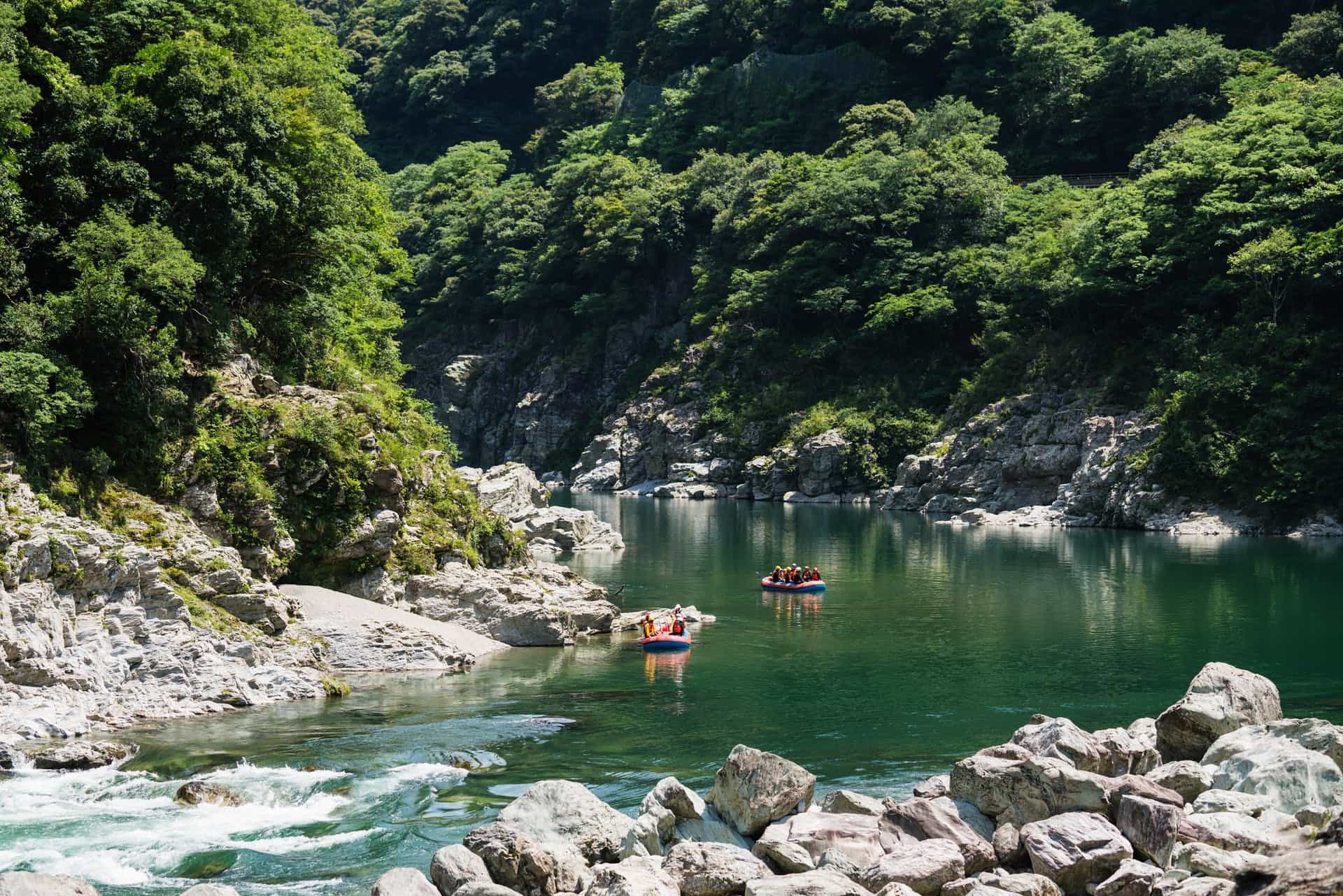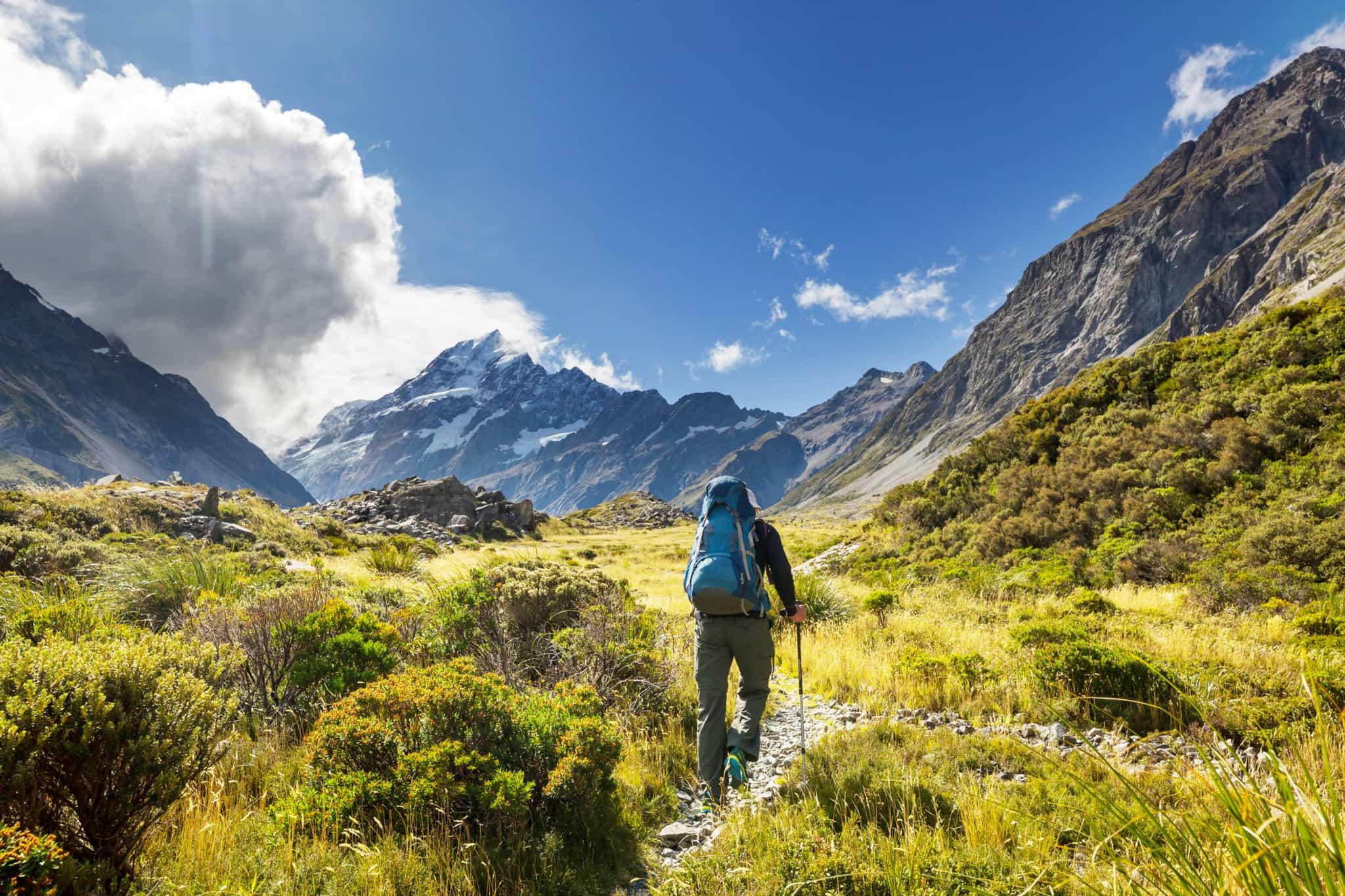
Trek the GR20 in Corsica - The South Section
Hike one of Europe's toughest and most beautiful long distance trails
What's Included?
Small Like-minded Groups
Solo-friendly by design, join our small n’ sociable groups of up to 12 like-minded, active and outdoorsy people…
…
What's it like?

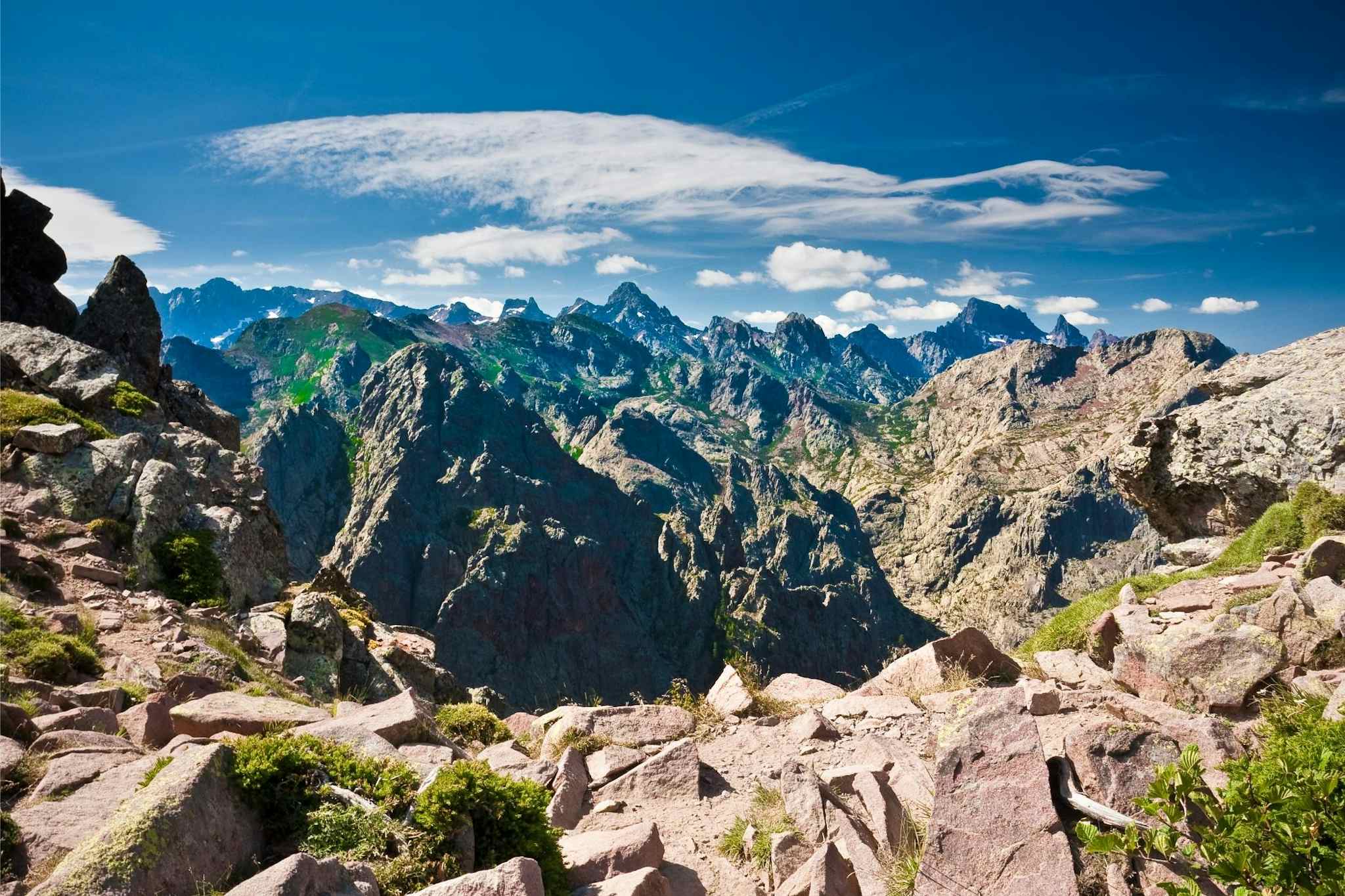
Trek 80km along the southern half of Corsica's famed trail, from Vizzavona to the Needles of Bavella
Bunk down and fuel up in mountain refuges along the trail, keeping an eye out for wild swim spots nestled beneath the peaks
Combine with our Trek the GR20: The North Section trip to complete the entire length along the Grande Randonnée
Key Information
Day 1
Vizzavona to Capanelle

Trekking
Meet your host at Ajaccio Airport and be whisked along the winding roads up to the mountain pass of Vizzavona. Lace up your boots and hit the trail, starting with an ascent up the Bocca Palmente pass through a large woodland area and along the Alzeta sheepfold. Seek out some shade from the Corsican sun as you hike through the Sambuccu forest to finish up the first day of the southern part of the GR20 with a warm welcome at the E Capanelle refuge.
Day 2
Capanelle to Verde Col

Trekking
Fuel up at the refuge before setting off along the trail, moving toward the Traggette sheepfold and through the Verde Col, an area of thick Corsican pine and beech trees. Enjoy the marvellous views over the Monte d’Oro and the Monte Ronoso as you continue your way toward the Prati refuge for tonight's bunk down.
Day 3
Verde to Usciolu

Trekking
A big day of elevation awaits today. Hike toward the Punta Capella and start to ascend to the summit before hiking along the stunning ridgeline with amazing views, sometimes all the way to the islands of Elba and Monte Cristo nestled in the distance. Keep going towards Bocca di Laparo, finally reaching Monte Furmicula and the refuge at the end of a tough but memorable day, ready for your first camp out beneath the stars.
Day 4
Usciolu to Coscione Plateau

Trekking
A few days in and you'll be feeling at home on the trail as you follow the path through Matalza up to Punta di a Scaddatta, reaching the summit at 1834m for an epic vista. Descend through a forest of ancient dwarf oak trees, crossing through fern fields to reach the famous Coscione plateau, a wild expanse of green pasture, forest, streams and waterholes. End up at the Croci refuge for a sundowner and camp out.
Day 5
Croci to Asinau

Trekking
Tackle another scrambling ascent, this time up Monte Incudine to gaze down over verdant green forest and clear vistas of Bavella’s famous peaks. Find some shade for lunch before continuing along the rocky sections this afternoon towards Asinau. Another mountain refuge dinner and drinks to round off a tough day.
Day 6
Asinau to Bavella

Trekking
Arguably the pinnacle of the southern section of the GR20 awaits as you hike alongside the Asinau stream in the shadow of the iconic Col de Bavella. The trail meanders through beautiful pine and birch forest, crossing streams and grass meadows before you start to climb towards the col, reaching the base of the granite pinnacles. Tackle a fantastic ridge, navigating some rough terrain with the help of chains hammered into the rock face before reaching your final refuge of the trip at Bavella.
Day 7
Complete the south section

Trekking
Kick off the final day of the southern section of the GR20 with breakfast at the refuge and a round-trip hike to the Bomb Hole - a beautiful rock gap in the Needles of Bavella. The final hike is a relatively easy one, with some scrambling towards the end of the trail before hiking on to reach the road where your transfer will be waiting to take you back to Ajaccio. If you're in Corsica just to tackle the south section, your host can drop you back at the airport or in Ajaccio if you are staying on longer. If you are doing the north section straight after, you can grab a well-earned shower and bed in Ajaccio before starting the north section tomorrow.
The Area
Logistics
Starts
Ajaccio Napoleon Bonaparte Airport
11:00
Ends
Ajaccio Napoleon Bonaparte Airport
16:00
Transfers
Your host will meet you at Ajaccio Napoleon Bonaparte Airport at 11:00 on Day 1 and whisk you off to Vizzavona - the start point for the south section of the GR20. Depending on flight times, you may need to arrive the day before the trip and stay in Ajaccio overnight. In this case, your host can meet you in Ajaccio itself rather than at the airport on Day 1. On Day 7, your host will drop you back at the airport at 16:00 in time for any flights departing after 18:30. If you are staying on to do the north section you will need to head back to Ajaccio, enjoy a night in a hotel bed before meeting back up with your host on Day 1 of the north section trip for the transfer to the start point. See FAQs for more information on doing both GR20 trips back-to-back to complete the full length of the trail.
Travel options
There are numerous flights to Ajaccio from across the UK and Europe, usually via Paris or Geneva. For travellers who are keen to avoid flying, Corsica is reachable via a combination of train and ferry via a few routes. An example route would be taking the Eurostar from London St Pancras to Paris and then through France on the TGV high speed rail to Marseille St Charles. From Marseille, Corsica Linea operate an overnight ferry service from to Ajaccio, departing at 7.15pm. You can book either a seat or a cabin with beds. The journey takes 11 hours and you'll arrive at Ajaccio at 6.15am.
Day 1 – Day 2
Breakfast
Lunch
Dinner
Day 3 – Day 5
Breakfast
Lunch
Dinner
Day 6
Breakfast
Lunch
Dinner
Day 7
Breakfast
Lunch
Dinner
What is the food like?

You'll be eating breakfast and dinner at the various refuges that you stay at throughout the trail. The menus differ from day to day and from refuge to refuge but expect to see various pasta dishes, sausages with lentils, charcuterie plates, Corsican soups, couscous salads, chickpea stew, plus various sweet cakes and cheeses for dessert. Breakfast is often a bread and cheese affair, omelettes are also popular at the refuges that offer them. Lunches will be collected from the refuge and carried with you to eat out on the trail - these are usually sandwiches, snacks and fruit. Most refuges on the GR20 also have small shops where you can buy treats and snacks for extra sustenance on top of the meals that are included. The refuges also sell drinks such as local red wine (€6-8 per bottle), cold beer (€3-6) and soft drinks (€3). Vegetarians will be fine on the GR20, however, those who are vegan or gluten-free will have a difficult time on the trail given the remoteness of the refuges and the lack of food options available.
What is the accommodation like?

GR20 mountain refuges and camping
Each night of the hike you'll spend at a park-run mountain refuge, sleeping either inside the refuges themselves, or camping outside them. Refuges are part and parcel of hiking the GR20. They offer basic, dorm-style accommodation with a classic hikers mountain hut atmosphere. Beds are provided, but you’ll need your own sleeping bag and pillow. The amenities at the refuges vary - some have hot showers, proper toilets, and electric charging points, while certain ones only have cold showers and squat compost toilets. On certain nights you'll camp outside the refuges in tents supplied by the refuge. These will be twin-share and include a sleeping pad or mattress. You'll need to bring your sleeping bag and a lightweight travel pillow for both the refuges and the camping - see kitlist for further detail.
Upgrades
As the refuges are all dormitory share and there are limited spaces available to camp outside the refuges, there isn't the option for a solo upgrade on this trip.
We’re still waiting to collect any reviews from other travellers on this trip. However, all our hosts go through an extensive vetting process to ensure that your adventure is awesome.
Guides
Local, English speaking guides
Accommodation
3 nights in mountain refuges, 3 nights wild camping
Meals
Munch on tasty local food throughout
Transfers
To and from the airport and everything in between
Equipment
Tents (as a back up if a mountain refuge is full)
Permits
All permits
Our trips are hassle-free by design. We include all the activities and equipment, as well as many of the meals, so you can simply rock up with your rucksack and share the adventure with your new pals.
Personal Expenses
You know your own spending habits best, so please budget an appropriate amount for things like optional meals and drinks, shopping, optional activities, and laundry.
What do I need to bring?
BAGS
- Trekking backpack - no bigger than 60l but ideally 40-50l. You should aim to have a pack weight of 8-10kg.
- Waterproof cover for backpack
- Drybags/stuffsacks for use inside the pack in case of downpours
CLOTHES
- Waterproof jacket
- Lightweight down jacket
- Waterproof trousers
- Breathable wicking layers
- Thermals (top and bottom, merino ideal)
- Fleece or warm mid-layer
- Lightweight trousers/shorts/skirts
- T-shirts
- Underwear & socks
- Swimwear
- Sunglasses
- Sunhat
- Something to sleep in
- Waterproof hiking boots (worn-in)
EATING & DRINKING
- Plastic bowl
- Airtight tupperware
- Small pocket knife - opinel style
- Plastic cutlery or spork
- Lightweight mug
- Reusable water bottle and/or hydration bladder to carry 2-3 litres
- Energy bars and snacks - read our article on Best Hiking Snacks
SLEEPING
- Cotton or silk sleeping bag liner
- Lightweight packable sleeping bag (all season)
- Lightweight packable travel pillow
- Lightweight packable Thermarest or sleeping mat
OTHER
- Hiking poles if you like to trek with these
- Power bank or solar charger
- Passports (and visas)
- Travel Insurance documents
- Insect repellant
- Suncream
- Personal first-aid kit
- Personal items (biodegradable toiletries, sanitary wear etc)
- Quick-dry towel
- Headtorch or torch
- Biodegradable wet-wipes
No optional extras are available for this trip.
We partner with the World Land Trust to ensure this trip achieves Net-Zero emissions. We also support their Buy an Acre programme, helping local communities to buy and protect natural habitats in perpetuity.
What's the number?
It works out on average at 60kg of CO2 emissions per person, including all local transport, accommodation, food, activities, guides, staff and office operations.
The only thing it doesn’t include right now is flights and travel to the destination. We do make an overall estimate across all our customers separately, but as we don’t book flights, have customers from all corners of the world, and no way of reliably knowing their travel plans, we simply can’t include an individual number in the figure on display here. We’ve got a goal to fix that, so that when you book, there is a way to measure and mitigate the carbon emitted by your flight too.
But what does the number mean?
Yep, hard to picture eh? To give you an idea:
- Driving 1000miles/1609km would be approx. 281kg of CO2 in an average car (or 140.5kg per person if there was 2 of you in it).
- A return economy class flight London - New York would be approx. 1,619kg (1.66 tonnes) per person.
- 10 trees in a temperate forest are estimated to remove approx. 250kg of CO2 from the air in a period of 5-10 years.
What are we doing about it?
Our trips are relatively low-carbon by design, and we're working with all our hosts to develop long term carbon reduction plans. We partner with the World Land Trust to ensure this trip achieves Net-Zero emissions. We also support their Buy an Acre programme, helping local communities to buy and protect natural habitats in perpetuity, ensuring the protection of the reserve and its wildlife.
Want to know more?
Amazingly, no international travel company has ever publicly published their carbon measurements before, as far as we know. We believe that must change, quickly. So we’re openly sharing the method we used in the hope that other companies will be able to more easily follow suit and build on what we've done so far. You'll find it all here.
Absolutely! We have staggered the dates of our two GR20 trips to allow you to do them back-to-back. You'll be trekking south on both trips, so if you want to trek the full length of the GR20 heading in the same direction, you'll need to do the North Section trip first, followed by the South Section trip.
If you do the south section first, you'll be transferred back to Ajaccio on Day 7 of that trip, spend the night in a hotel there at your own expense, and then meet back up with your host in Ajaccio for Day 1 of the north section trip and the transfer to Asco.
If you do the north section first, on Day 7 you have the choice of taking the transfer to Ajaccio for a night in a hotel there at your own expense, and then meet back up with your host for Day 1 of the south section trip and the transfer to Vizzavona. Alternatively, you can remain on the trail by spending the night of Day 7 at the refuge in Vizzavona at your expense, having some downtime there the following morning before meeting up with the next group when they arrive at Vizzavona on Sunday afternoon, which is Day 1 of the south section trip.
All the refuges on the GR20 have clean, potable water, and there are also natural fresh water springs dotted along the route. Your guide will know where these are situated to help you plan your refills accordingly. Never drink directly from the rivers - you'll only fill up from these sources if you have brought adequate water filtering - read our guide to the best water filters for adventurers. Be sure to bring 2-3 litres of carrying capacity in reusable bottles or bladders. The heat on the GR20 in July and August can be extreme, so staying rehydrated is absolutely crucial on this trek. Your guide is there to ensure everyone's safety and to plan ahead, but coming well prepared yourself will help you enjoy the trek with plenty of water to call on throughout.
Absolutely. Anything you don't need can be left with your host at their base in Ajaccio and collected when the trip is finished.
Tips are not included in the trip cost. These are entirely at your discretion. Your guide will help with advice on how much to tip. Of course, you are free to tip more or less, and the amount should be reflective of your perception of service and quality - a tip is not compulsory and should only be given when you receive excellent service.
Sure can! Over 70% of our travellers travel solo, it’s a great way to meet like-minded people.
Our team of Adventure Hunters co-create exclusive adventures which are run by highly vetted, specialist hosts. The trip is run by our trusted host partner in the destination. We only work with independent, local, in-destination experts who know the very best places to explore and how to stay safe. Read more information about the local teams we partner with. You’ll be introduced to the host straight after making a booking via the Much Better Adventures platform.
Much Better Adventures refer to the UK Government’s official travel advice when designing trips and monitoring trip operations. We recommend that all customers are familiar with the practical information provided on the Government’s FCDO website, where current travel advice can be found by searching for the applicable destination(s).
For customers joining this trip from other international destinations – please also read the official travel advice applicable to your country of residence/origin, as this may differ.
We recommend checking out the country-specific information and also talking to a travel nurse.
We automatically convert prices from the local currency that a host receives to your chosen currency. We update our exchange rates on a daily basis so this does mean that prices displayed on the site are subject to currency fluctuations, which is why you may see them change over time.
If you wish to change the currency you pay in, head to the bottom of the page.
All of our group adventures are specially designed for adults to enjoy as we want these adventures to bring together outdoorsy people who are truly like-minded. You must be over 18 to join one of our trips.
You're always in good company on one of our adventures.
Our trips are typically made up of a mixture of solo travellers and small groups of 2 or 3 friends, with most in their 30s-50s.
Our sociable adventures are solo-friendly by design and naturally attract outdoorsy people with a shared mindset; a love for adventure, a desire to push themselves and meet awesome, like-minded people along the way.
It’s this camaraderie that has so often turned a great adventure into a life-changing one.
Don't just take our word for it:
- 95% of people rate the group dynamics on our trips 5/5
- 90% of people recommend joining a trip to make new friends
- 75% of people have met people on our trips that they would now consider friends
See here for more info about the Much Better Adventures tribe.
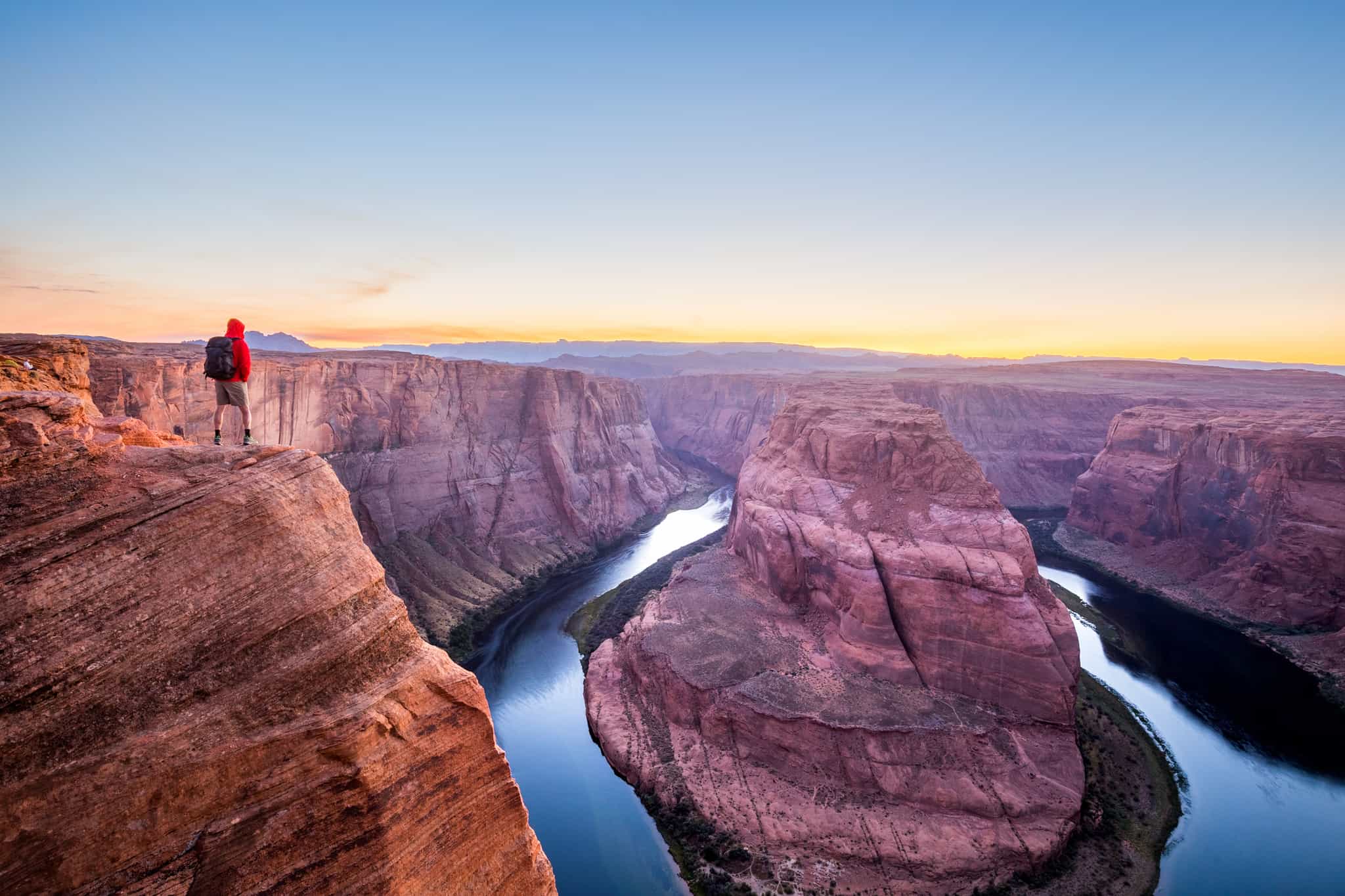
Explore our range of over 200 worldwide adventures
We've got your back
Guaranteed to run
All Much Better Adventures trips are now guaranteed to run. Once you’ve booked your spot you can immediately make your travel arrangements, no uncertainty, no hanging about (excludes 'request to book' departures). Full details
Flexible payments
Secure your spot with the minimum deposit and pay off the remaining balance in as many instalments as you like, with no interest or fees. Full details
Happiness Guarantee
We’re so confident you’ll have an amazing time we’ll put our money on it. Full details
Full financial protection
To give you complete peace of mind Much Better Adventures is backed by ABTOT, ABTA and ATOL memberships. Full details
Tried & Trusted
Much Better Adventures is rated ‘Excellent’ on Trustpilot with over 1000 verified trip reviews averaging 4.8/5.
Connect before you go
You'll be invited to join a WhatsApp group to get to know each other before your big adventure together. Full details
DEPARTURE DATES


